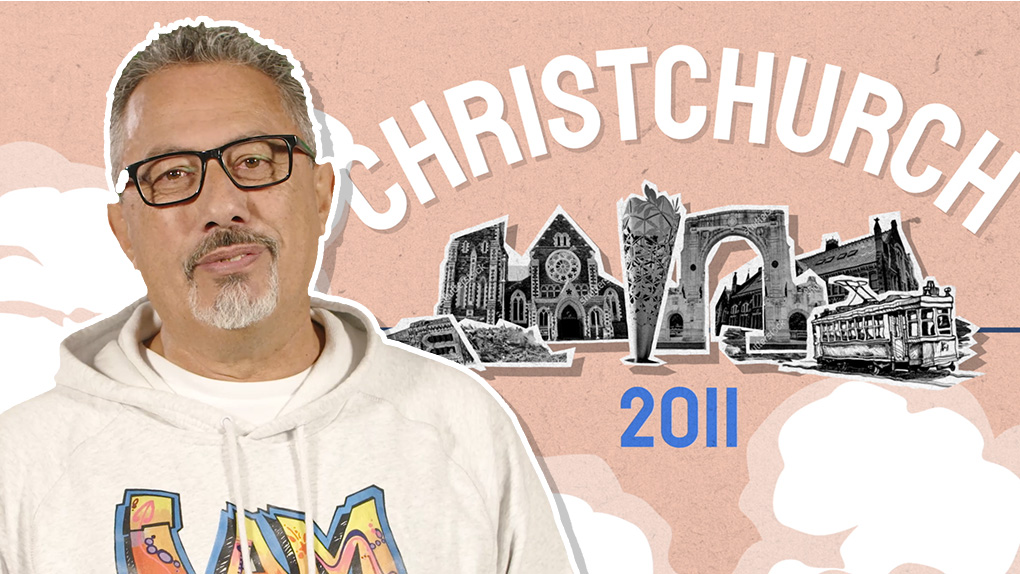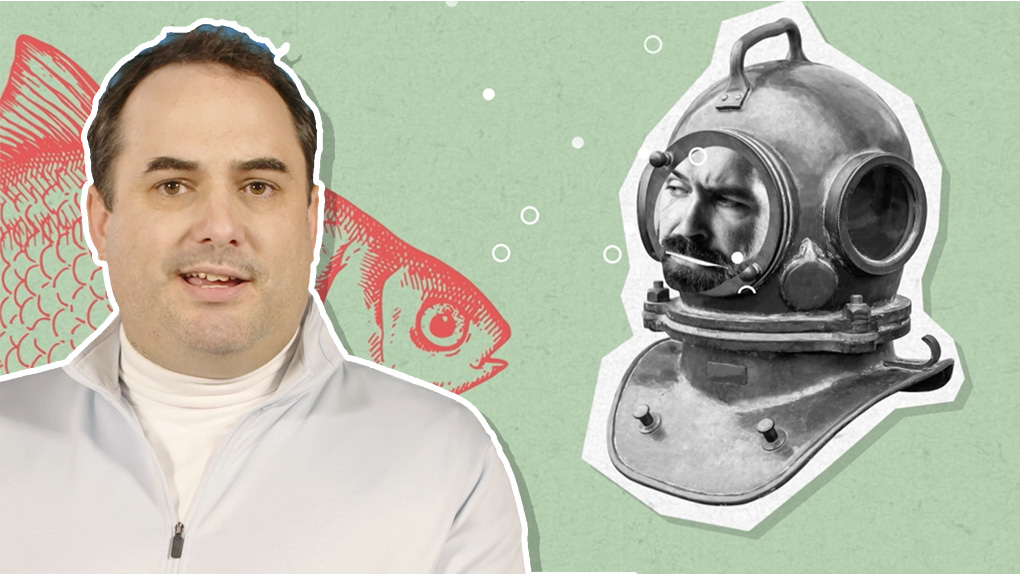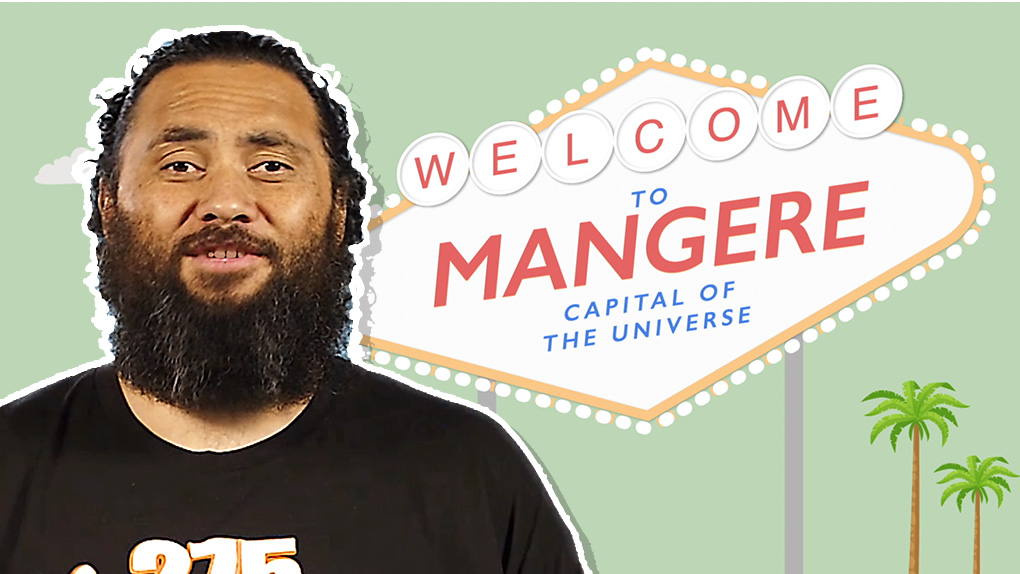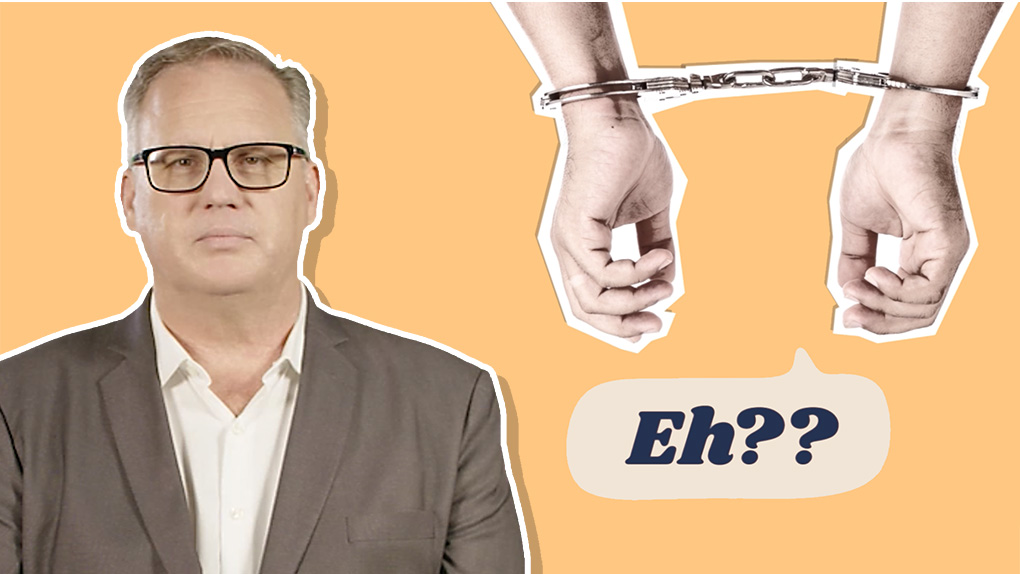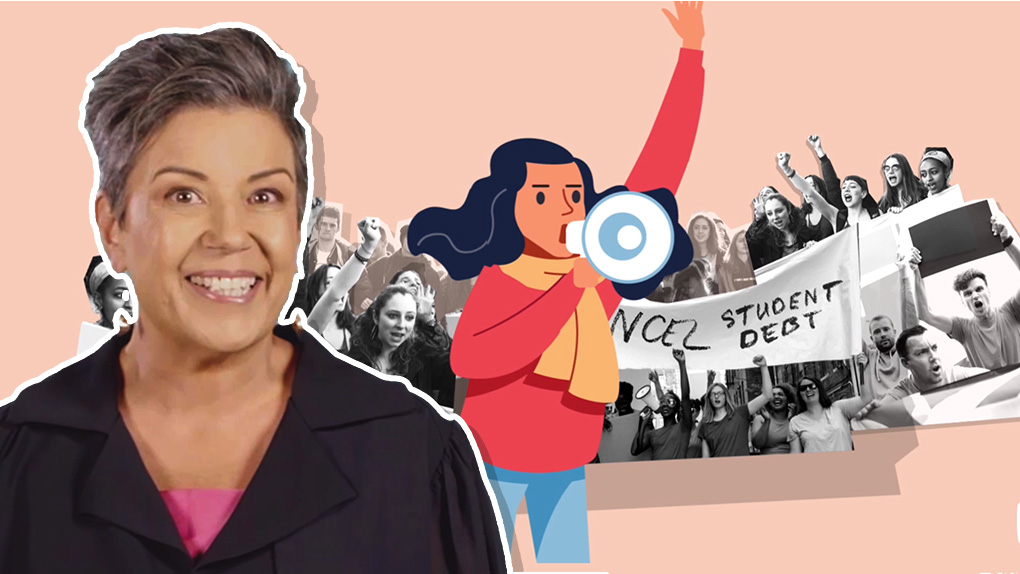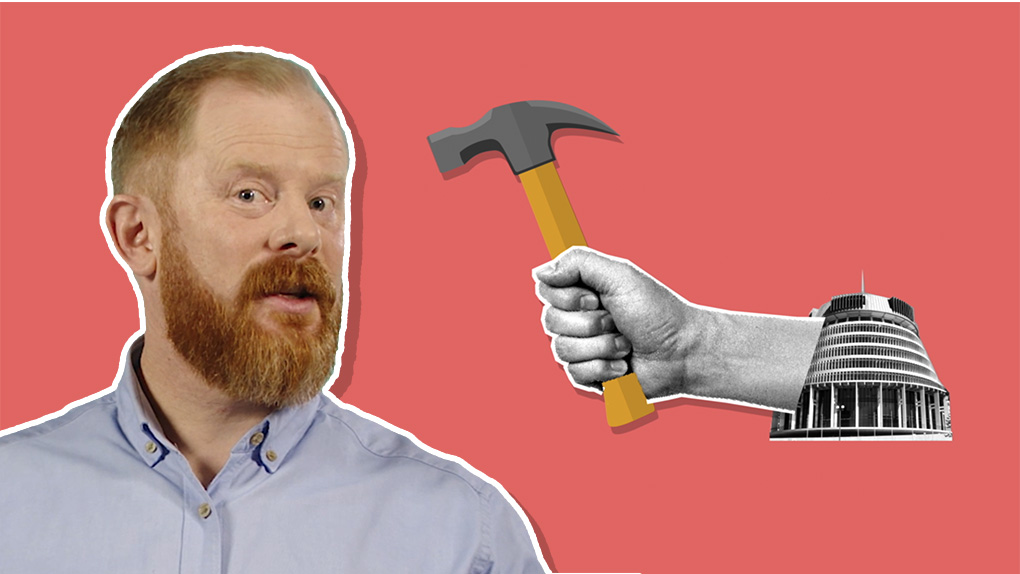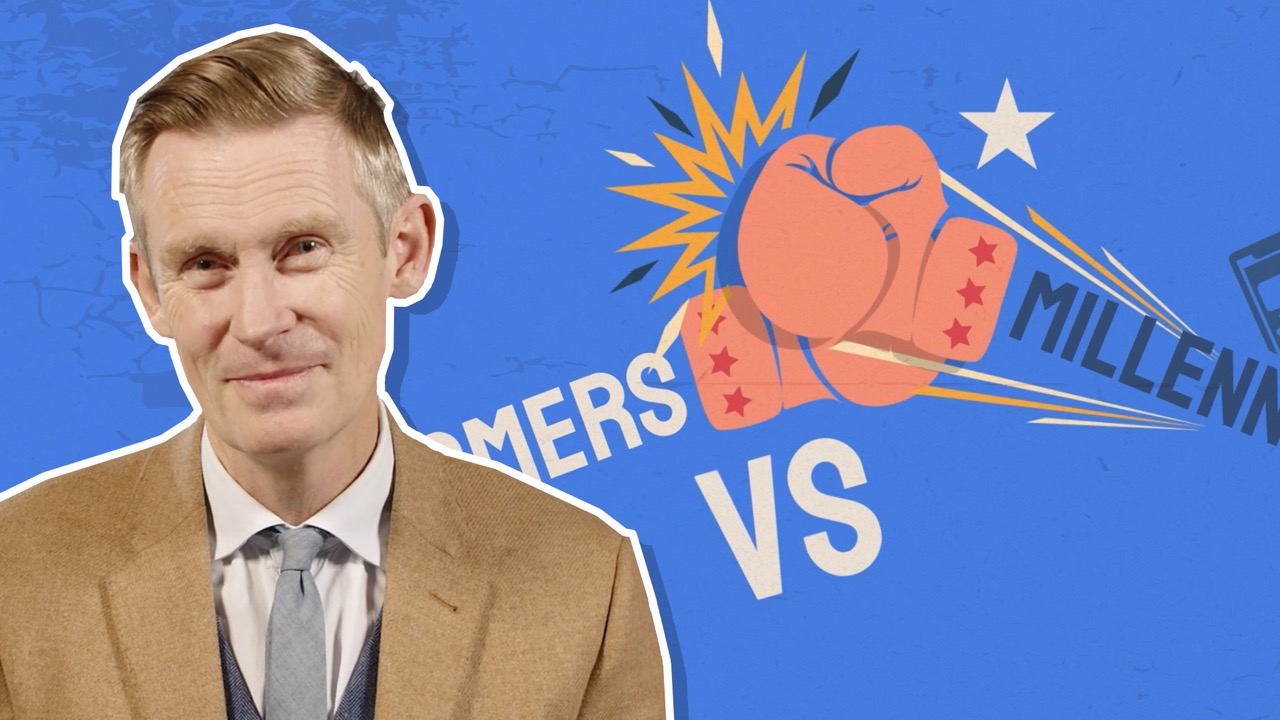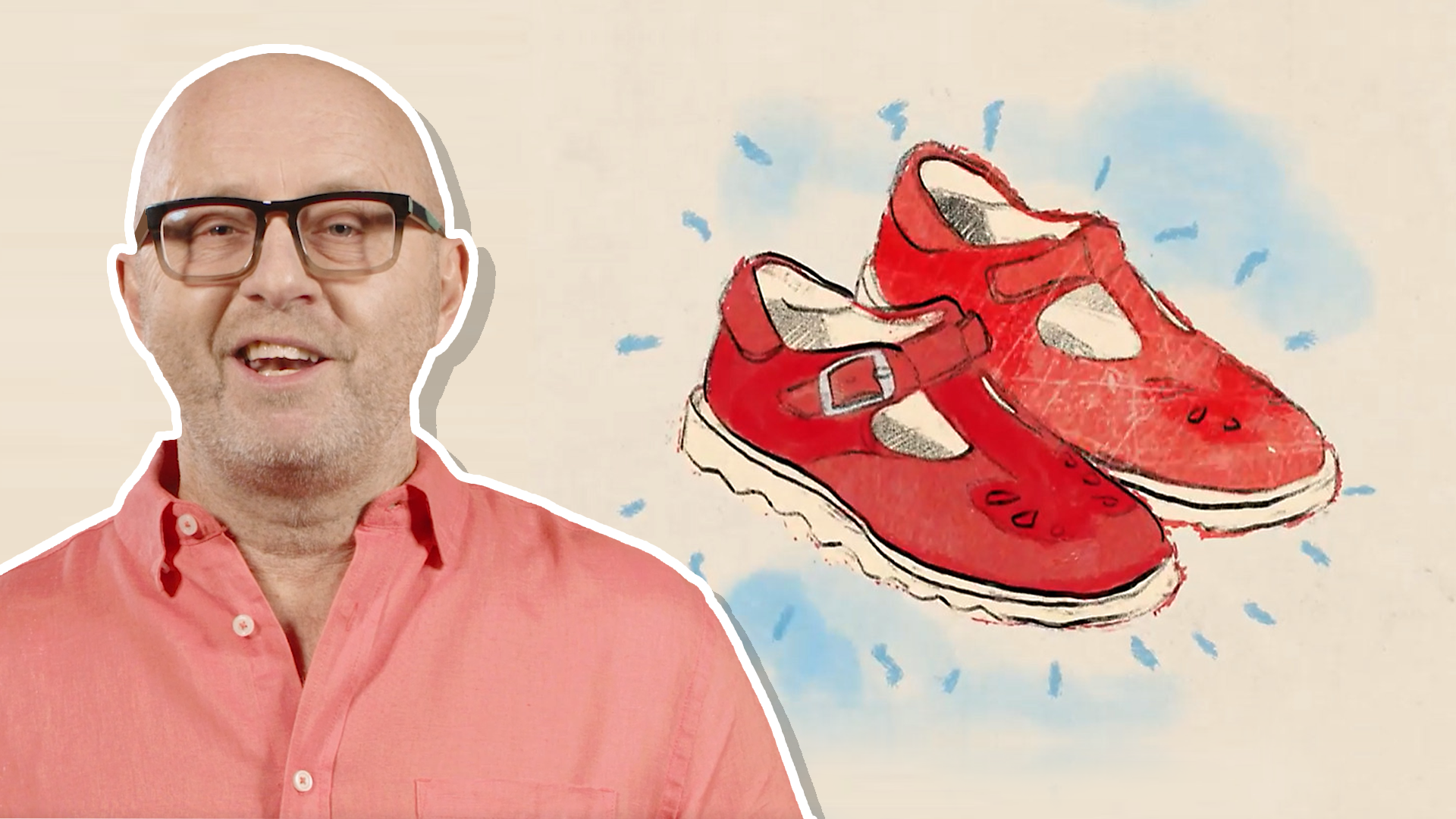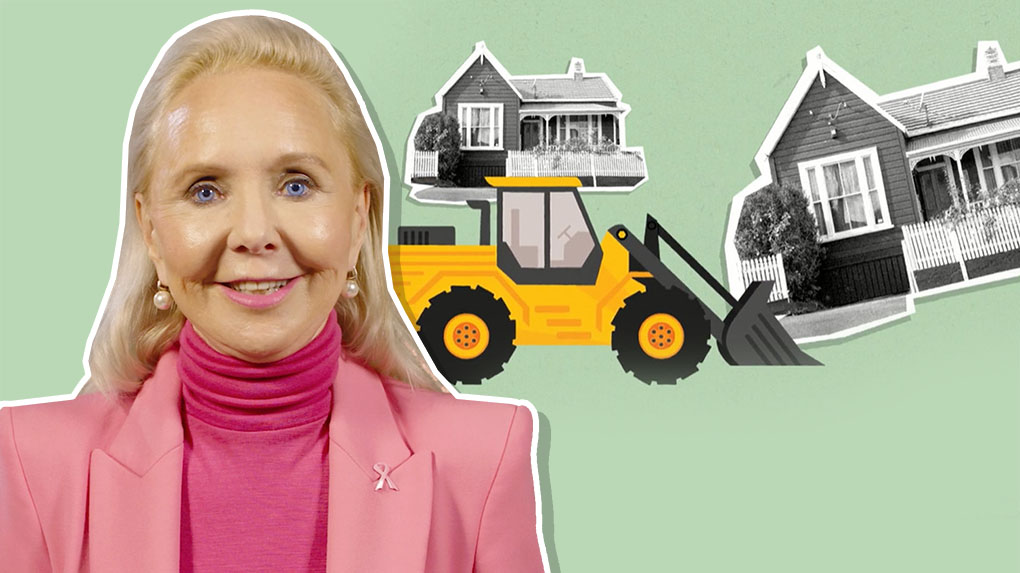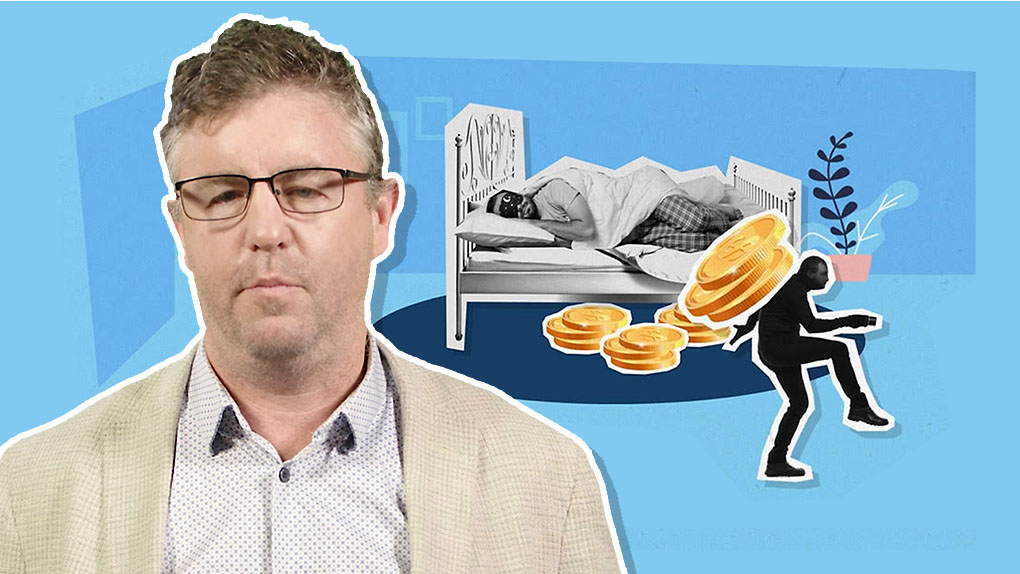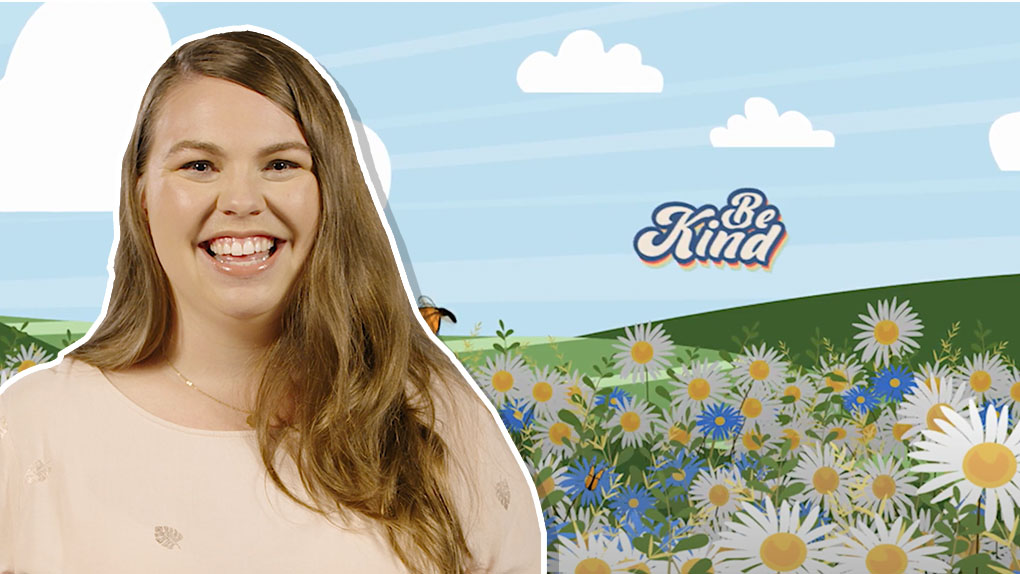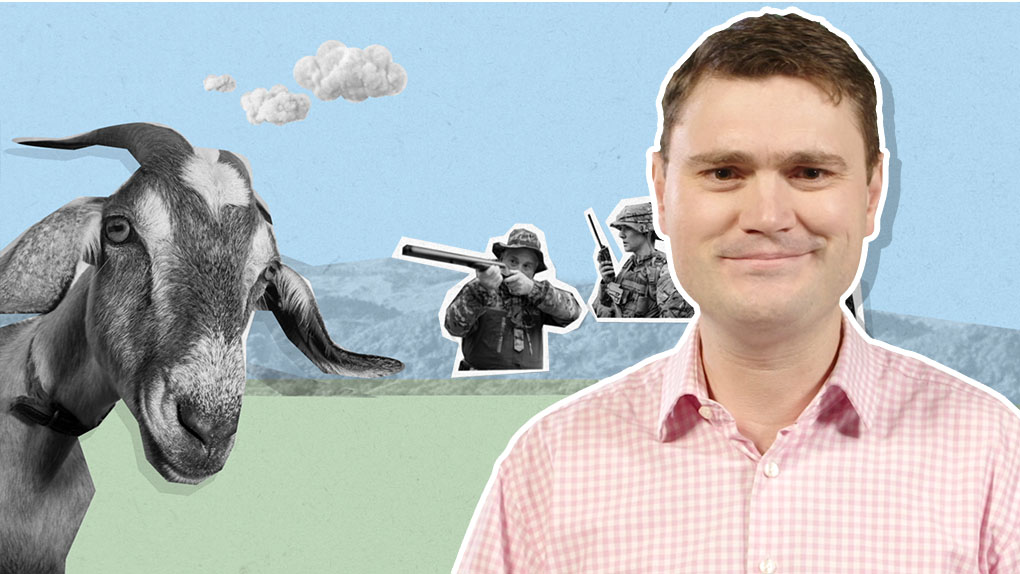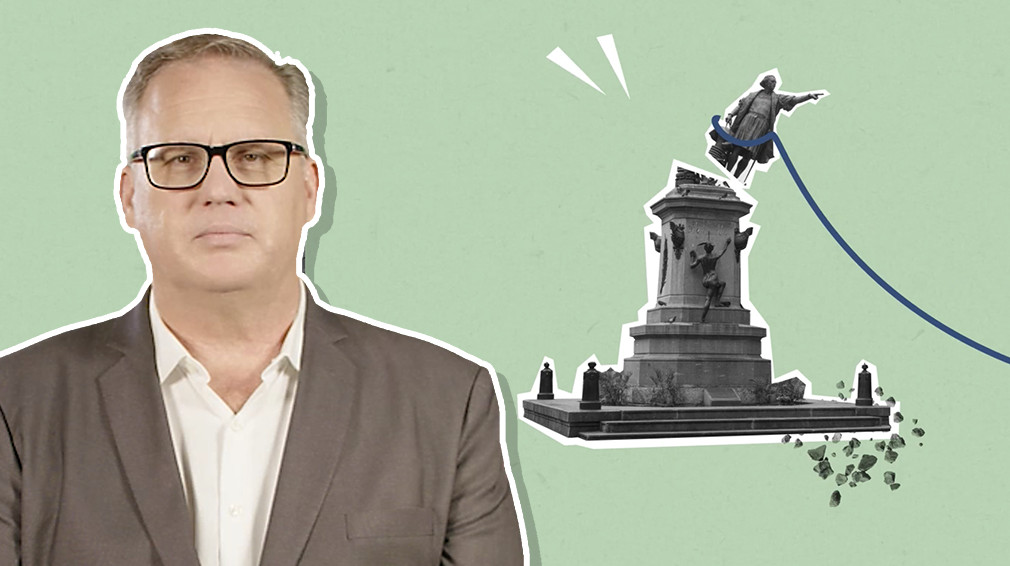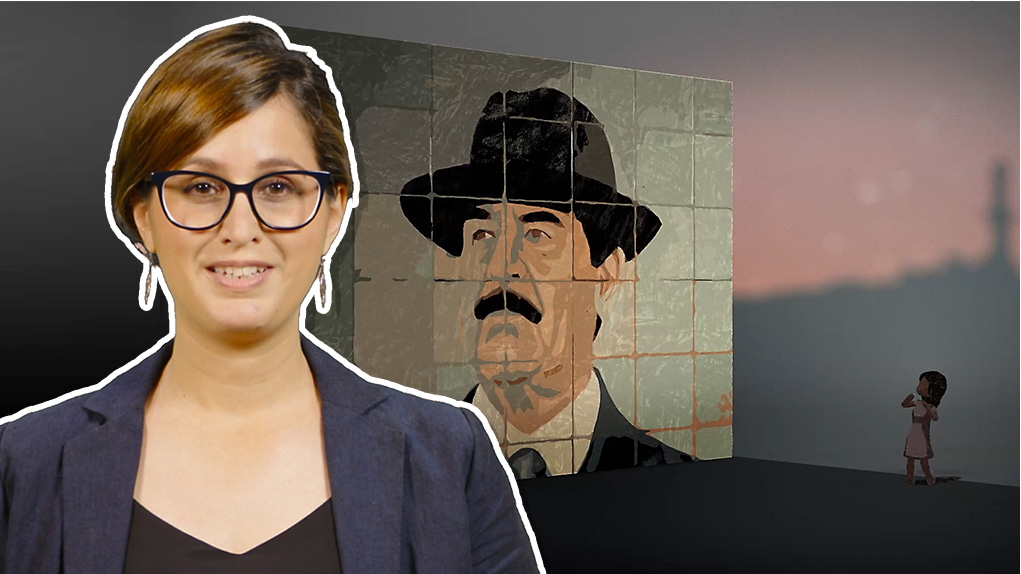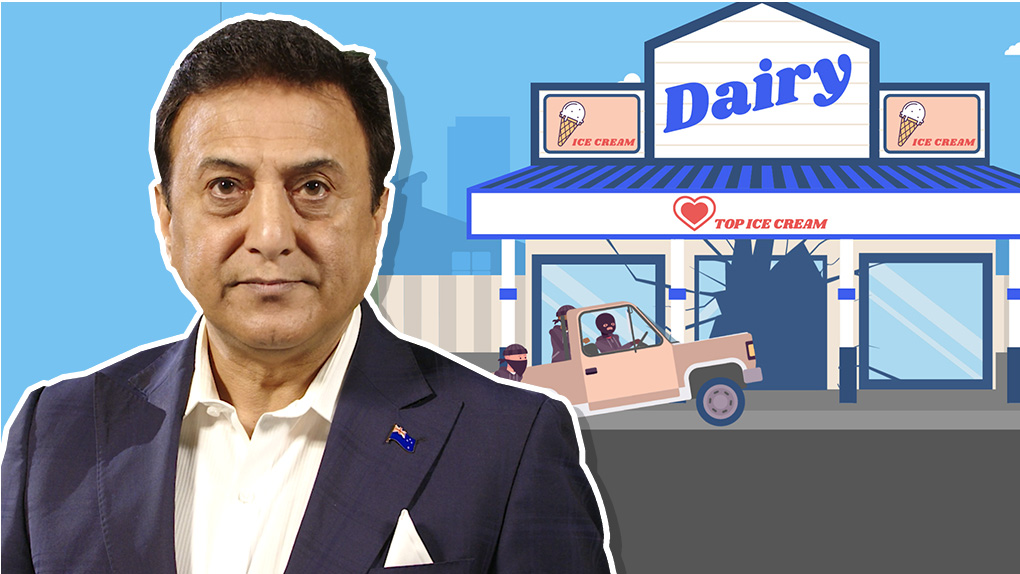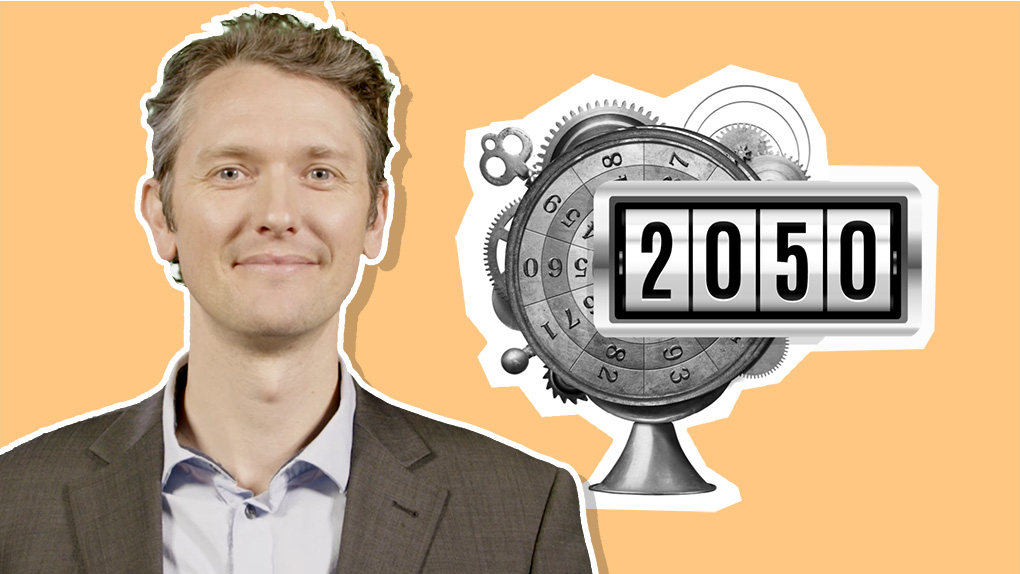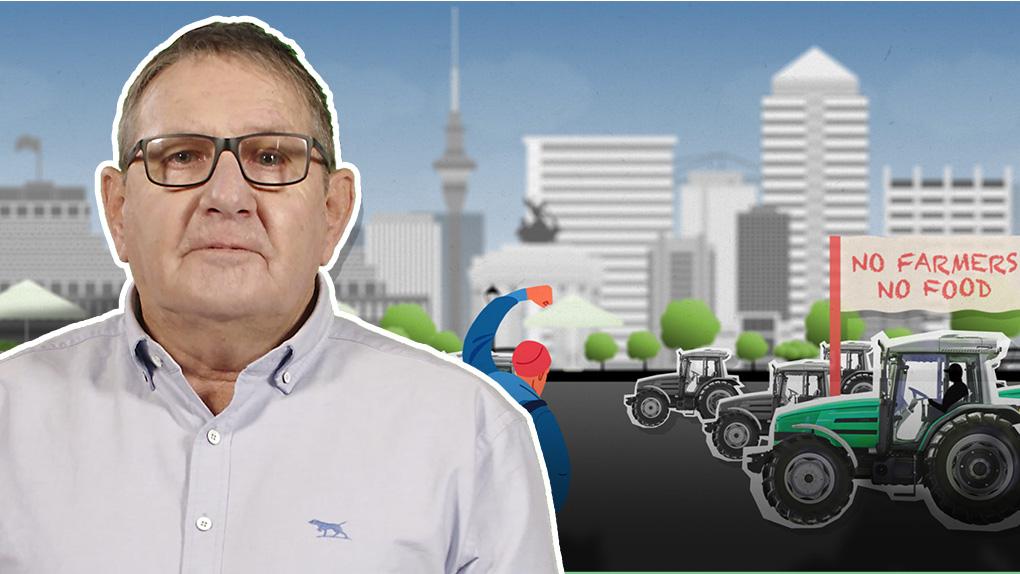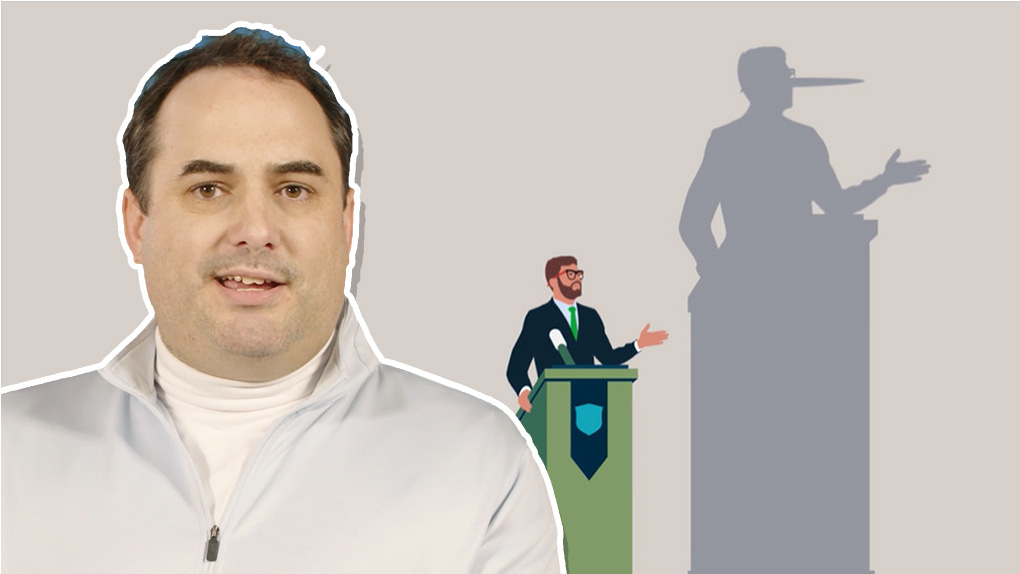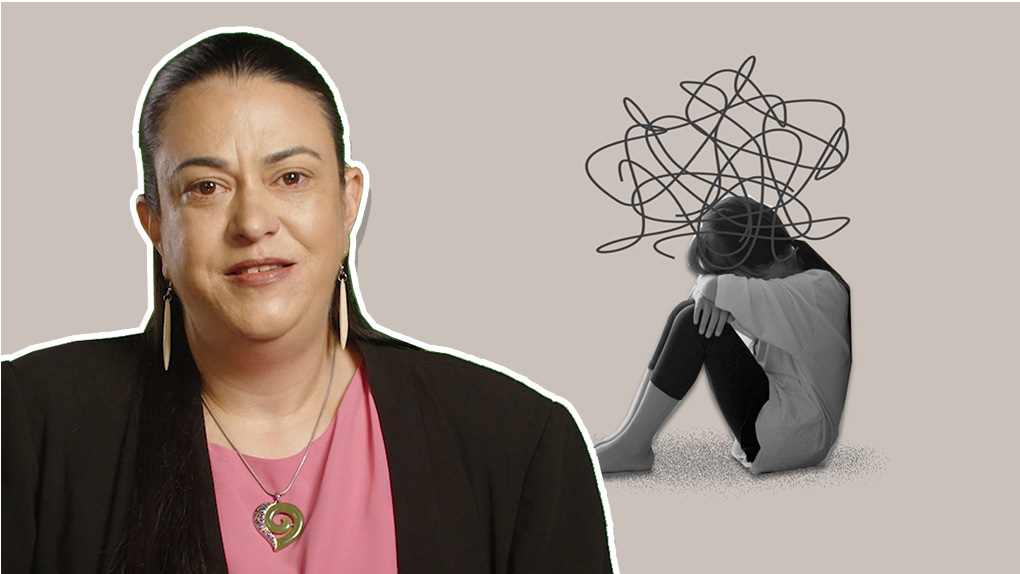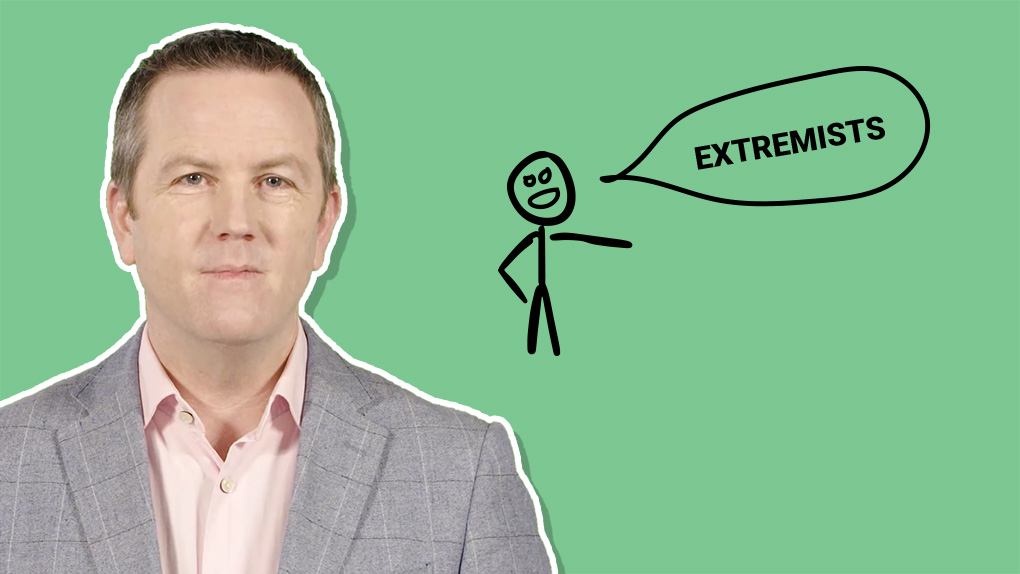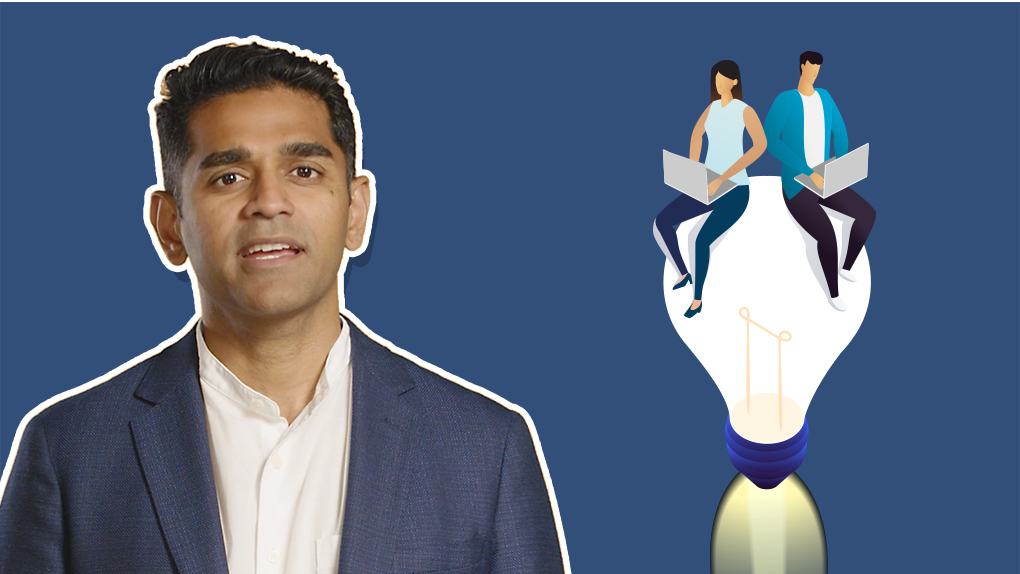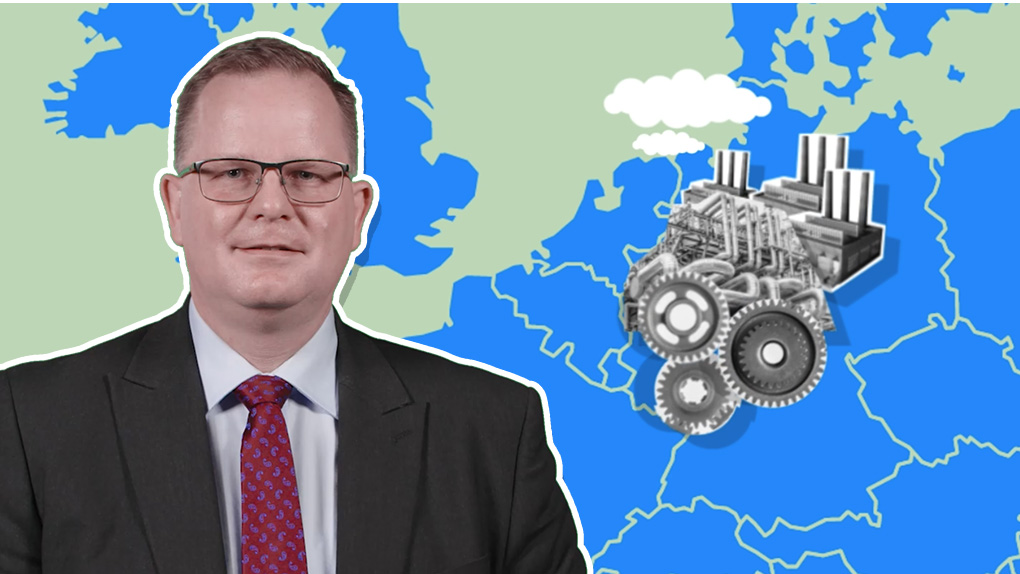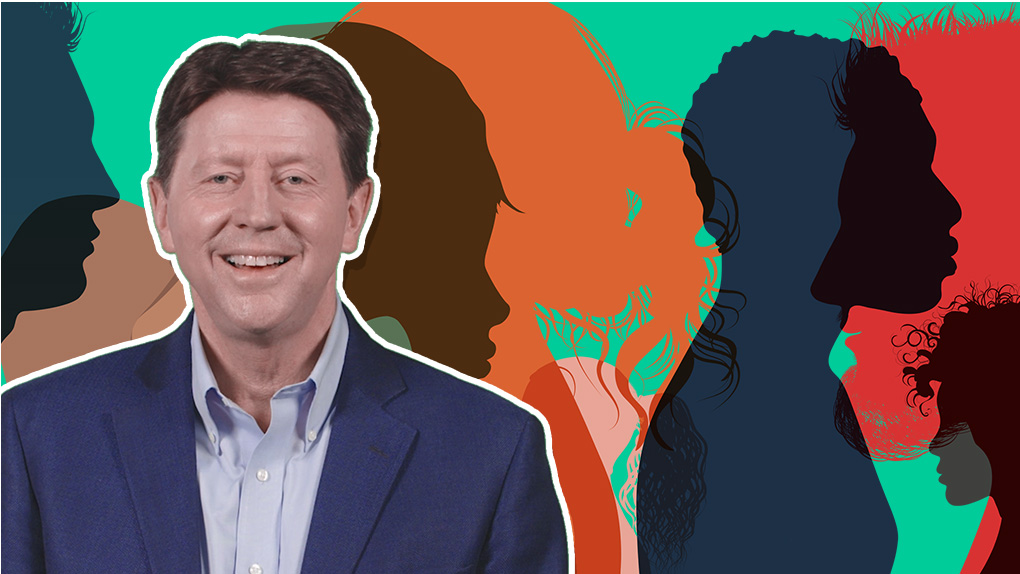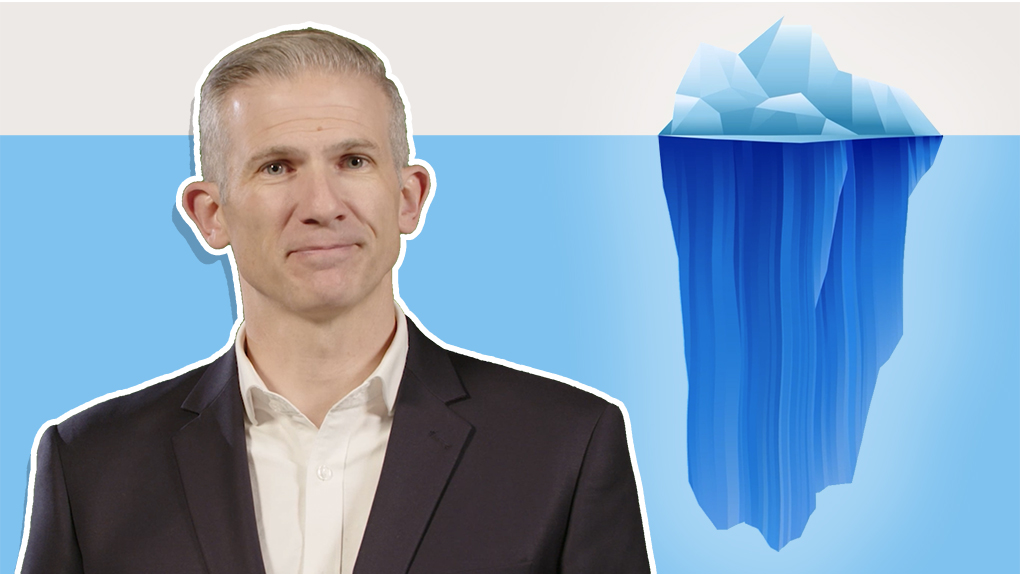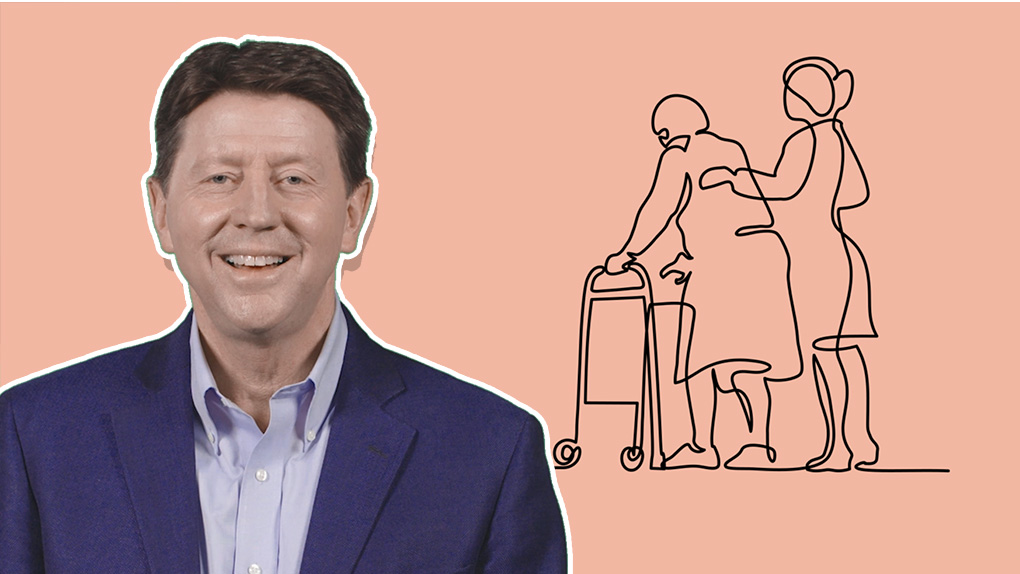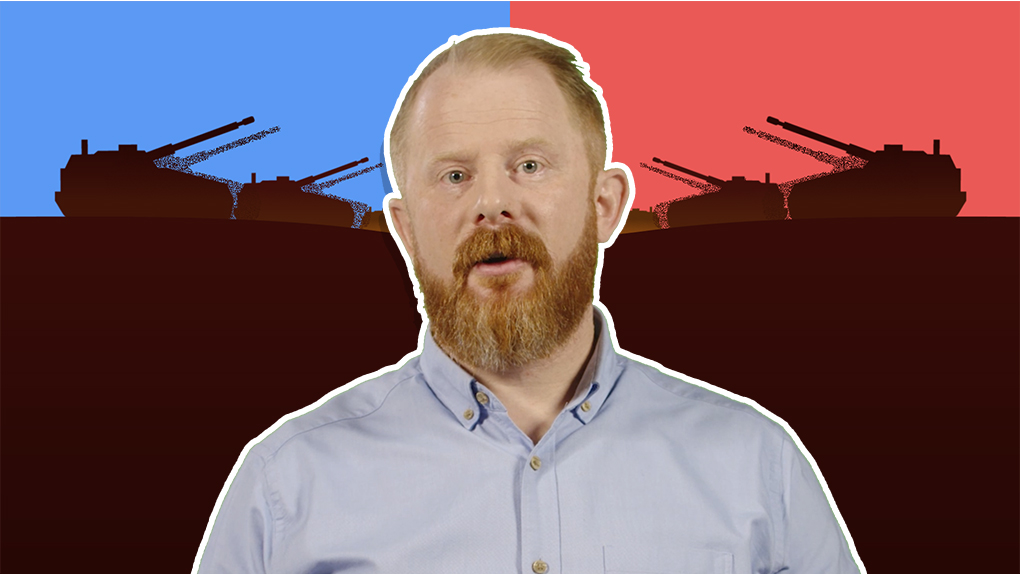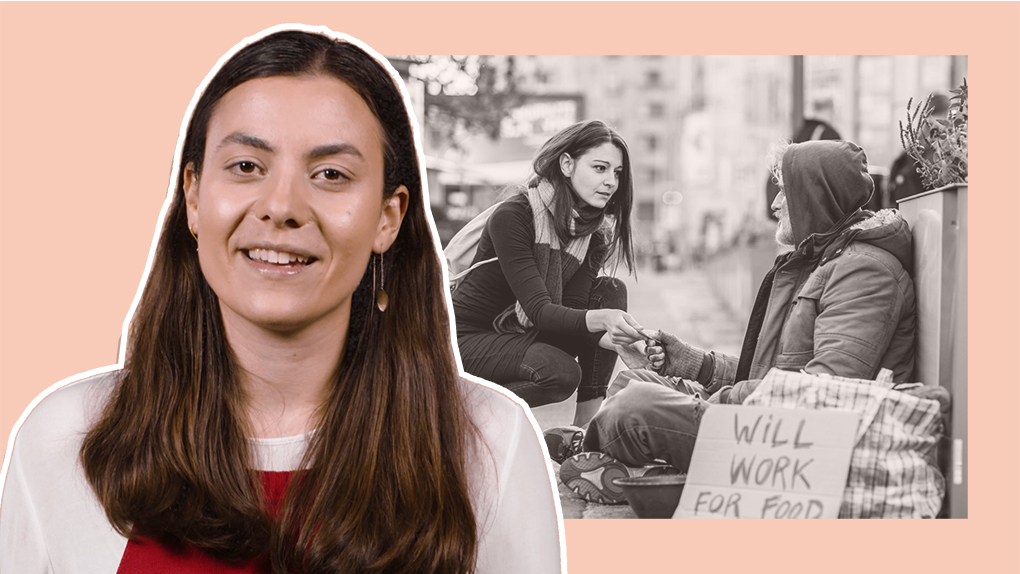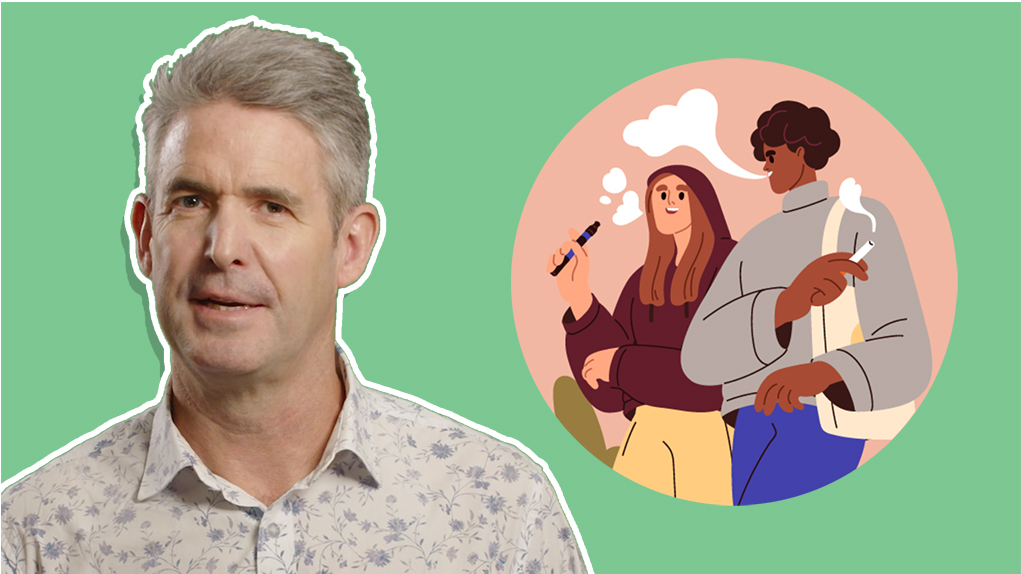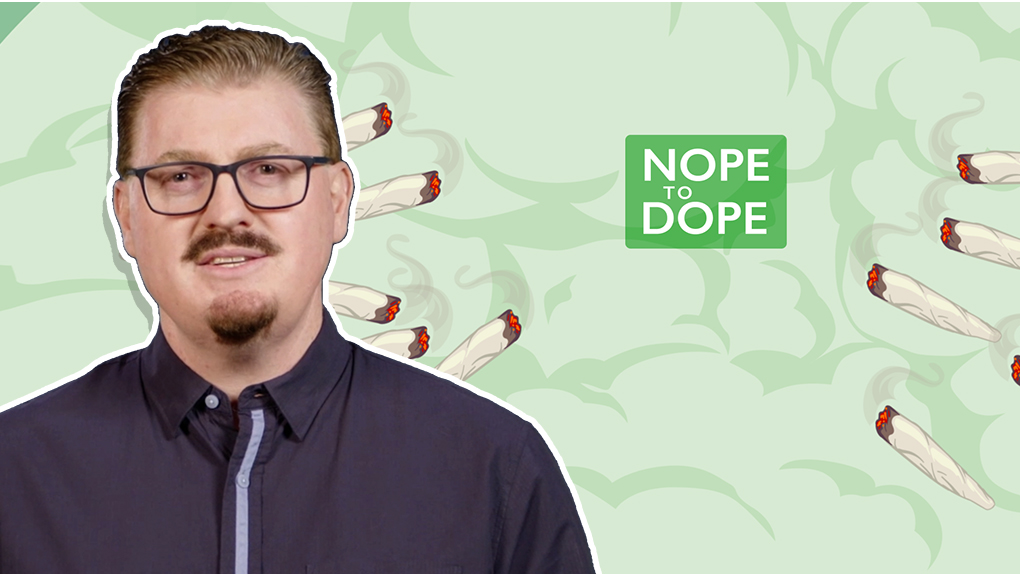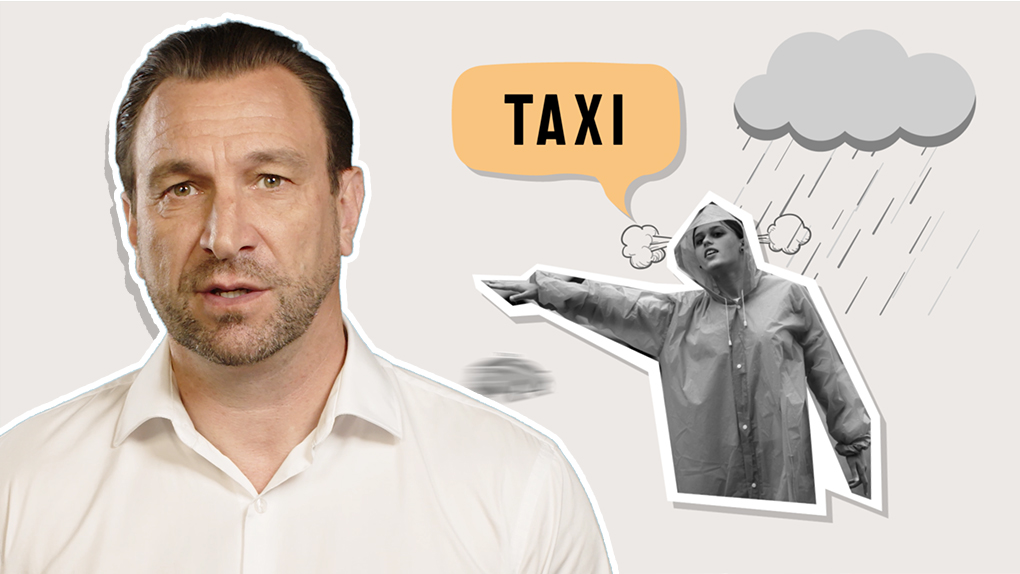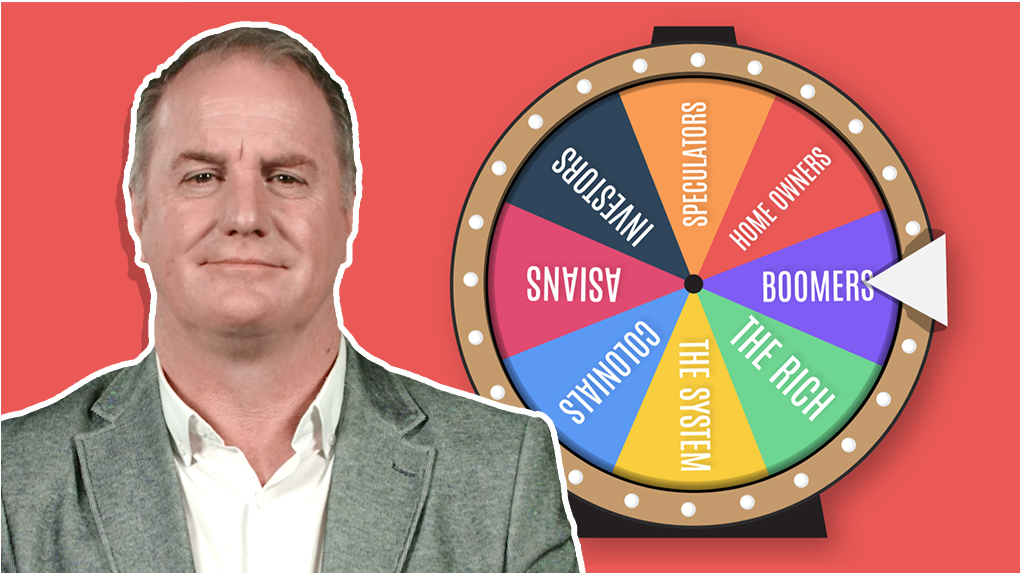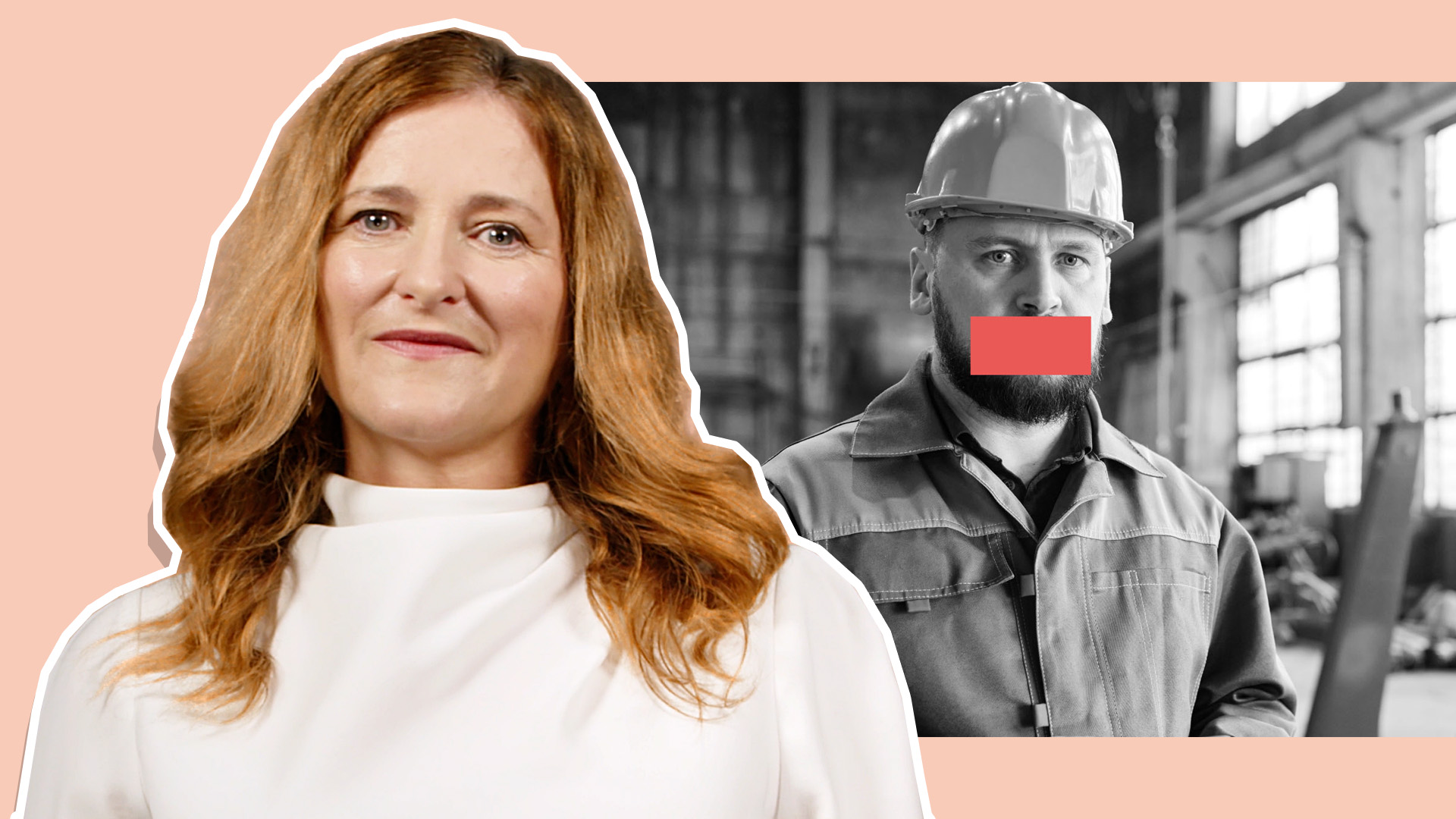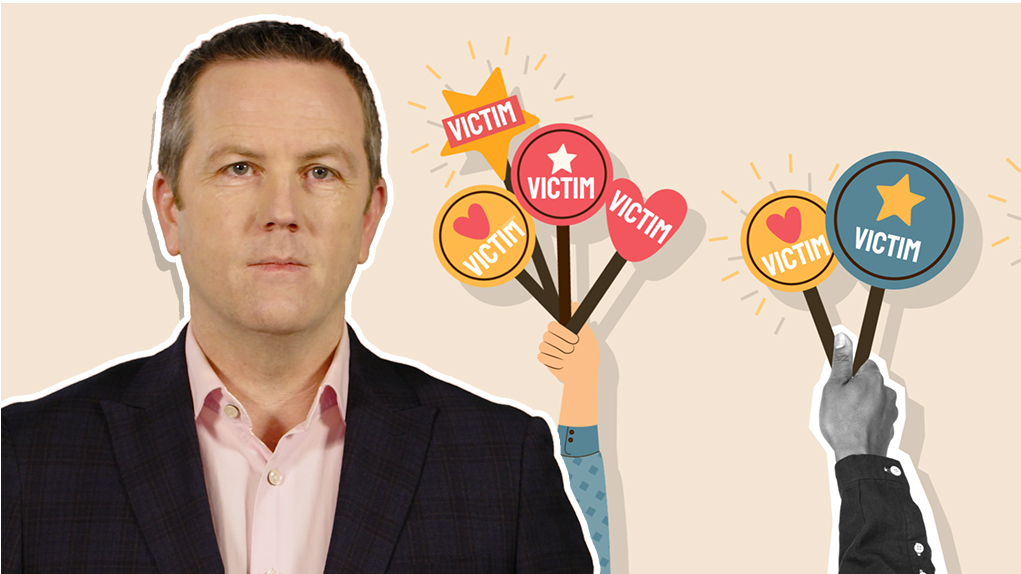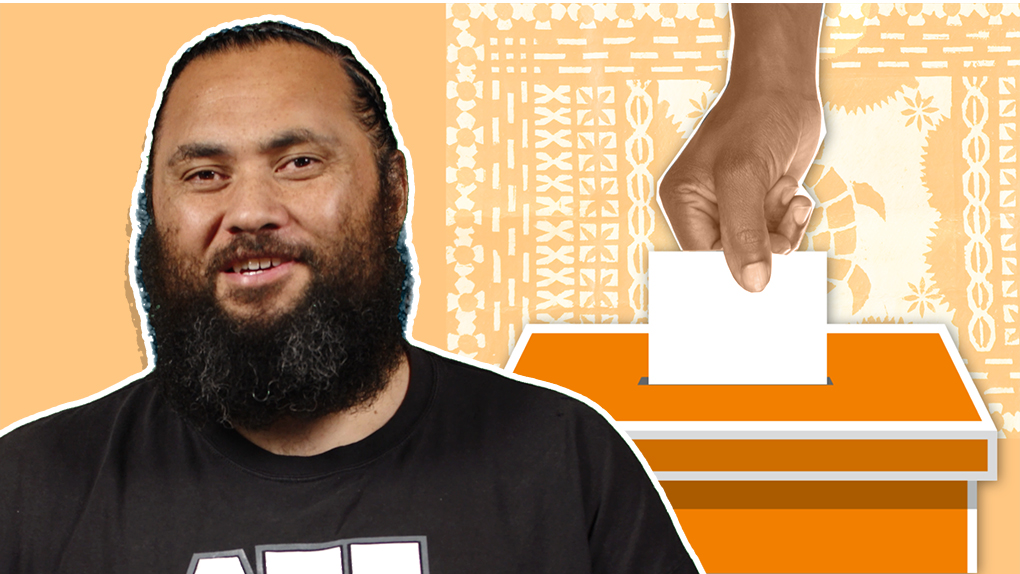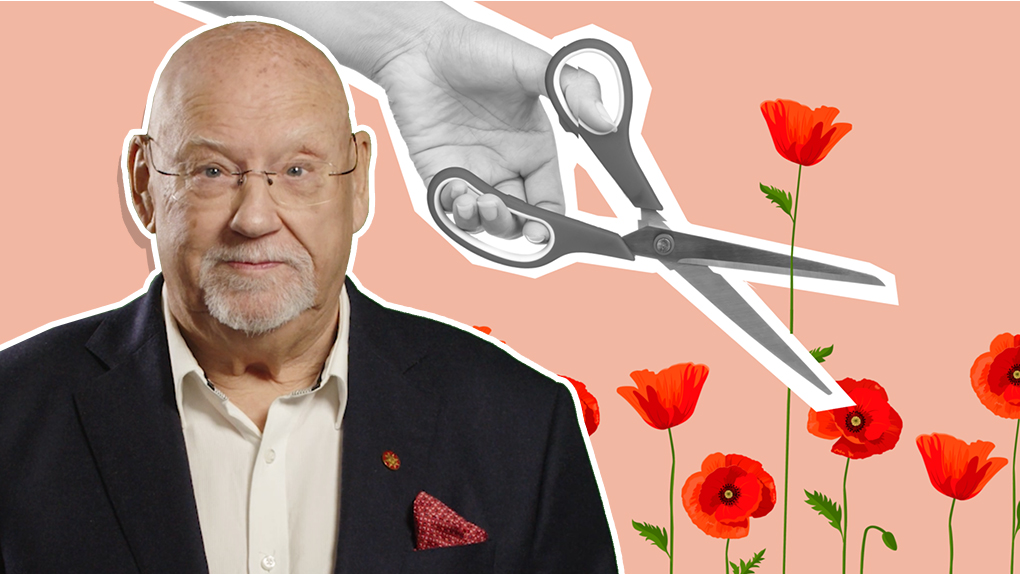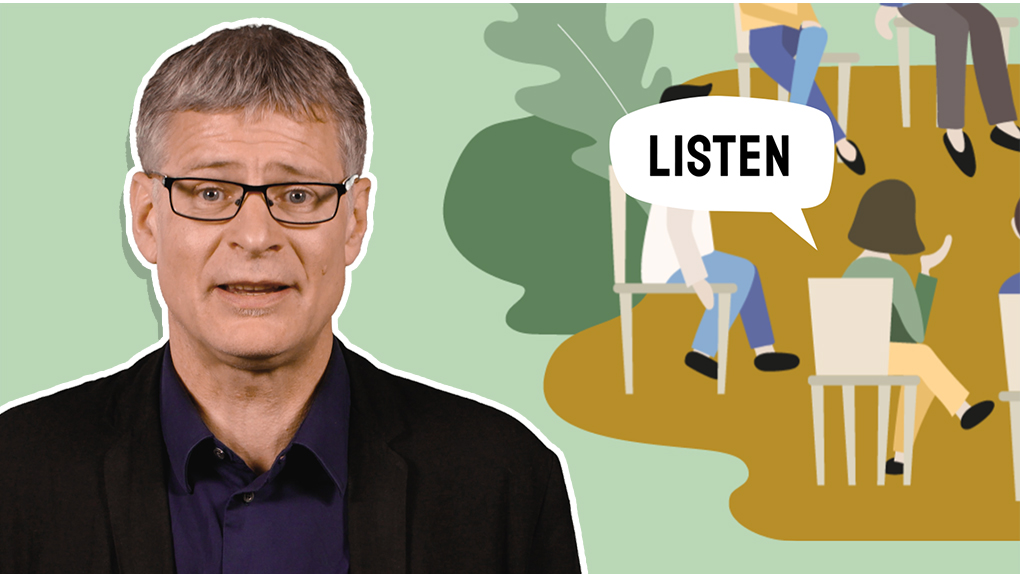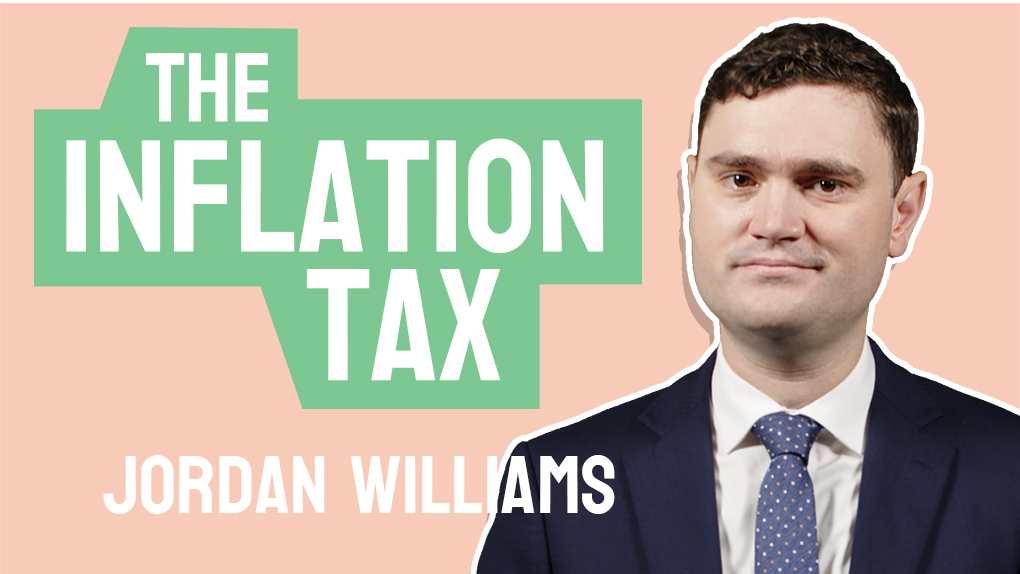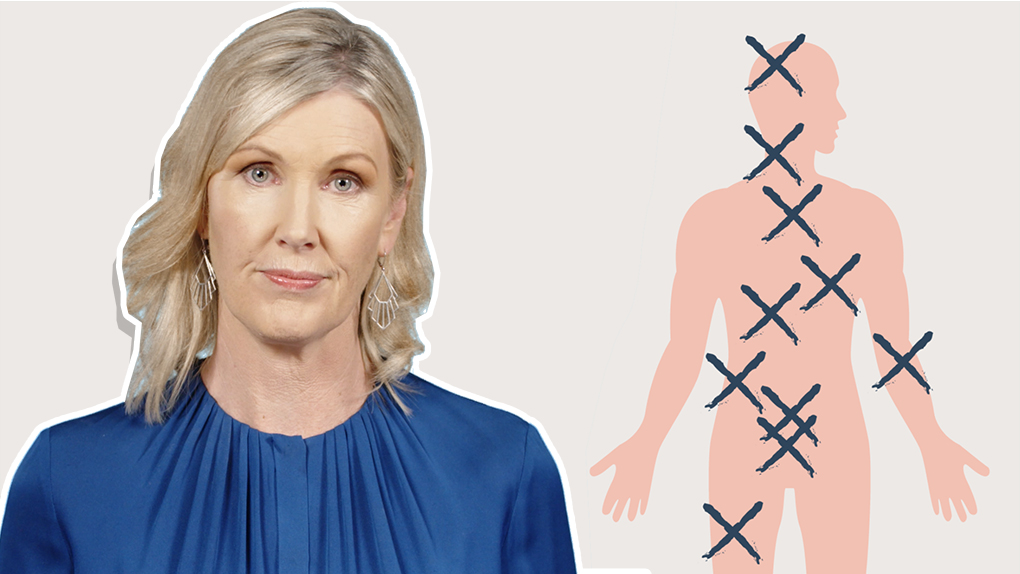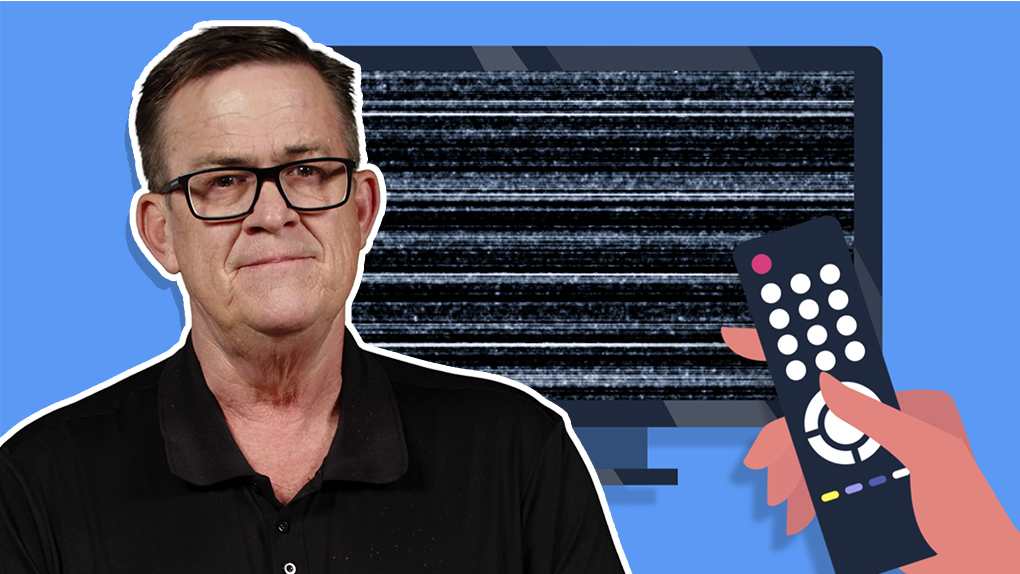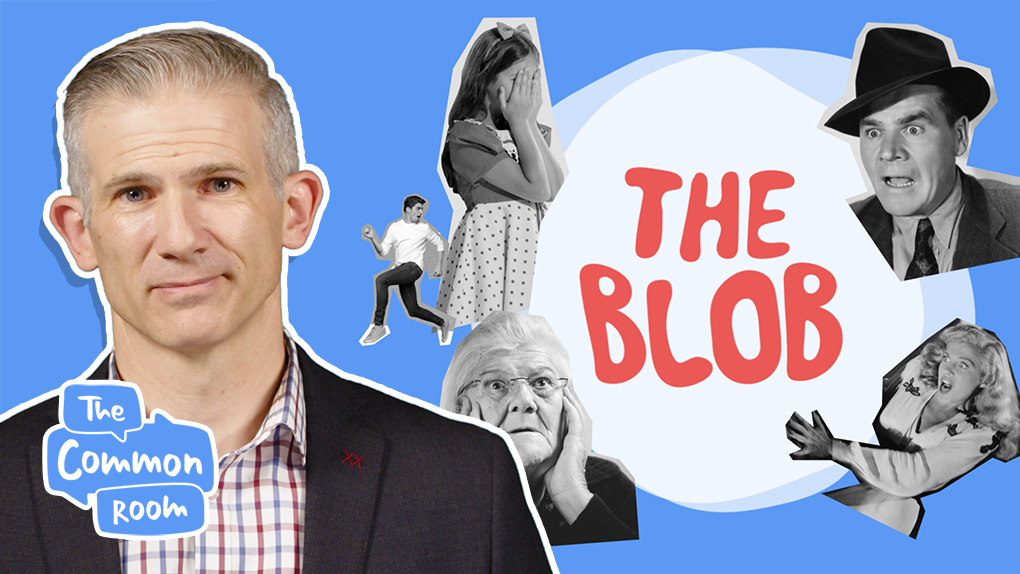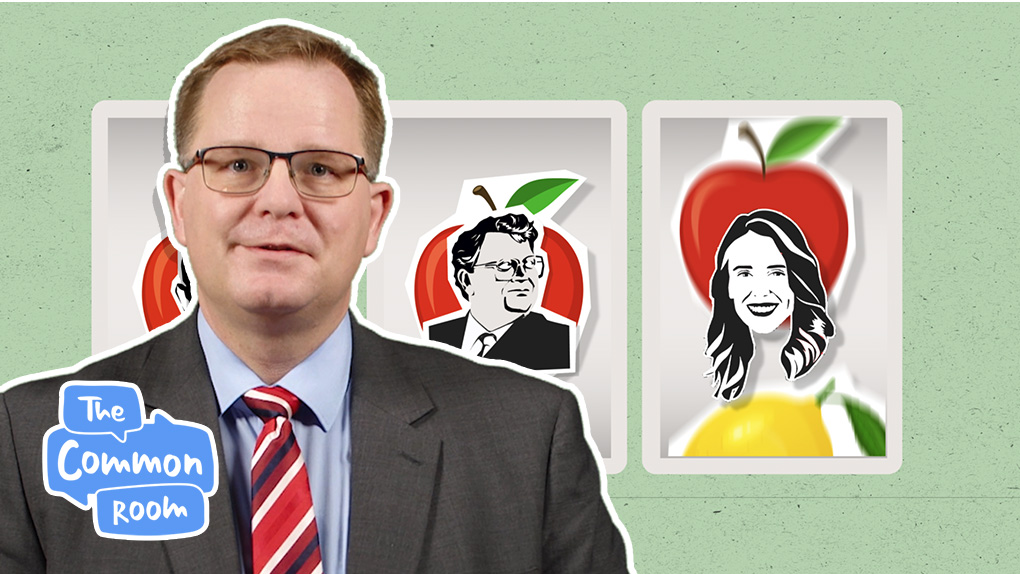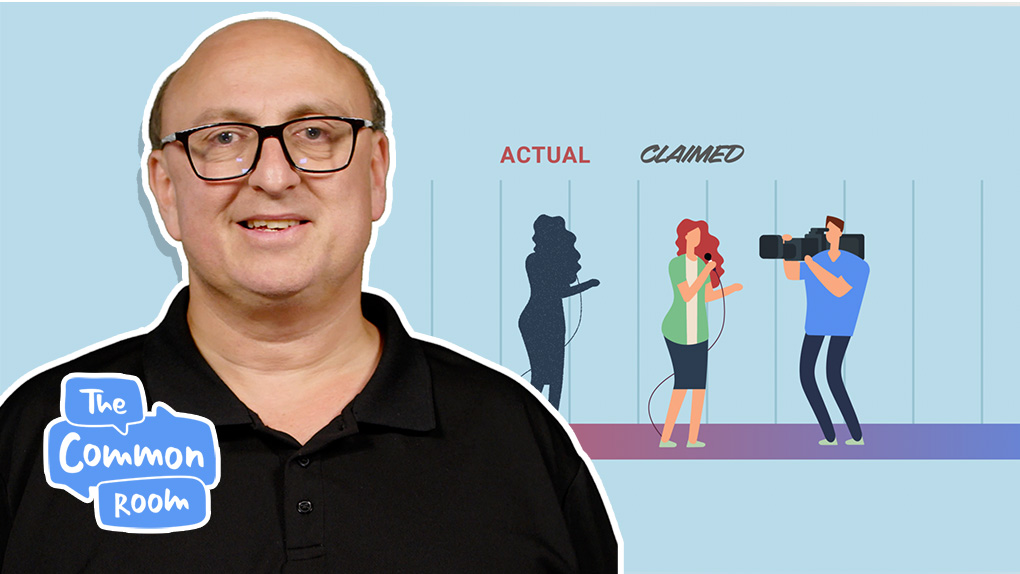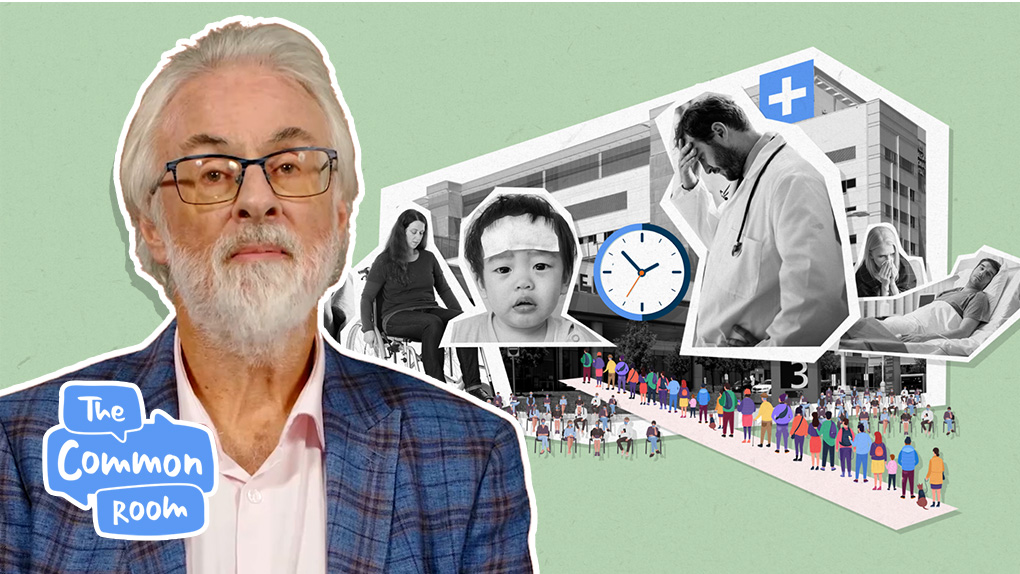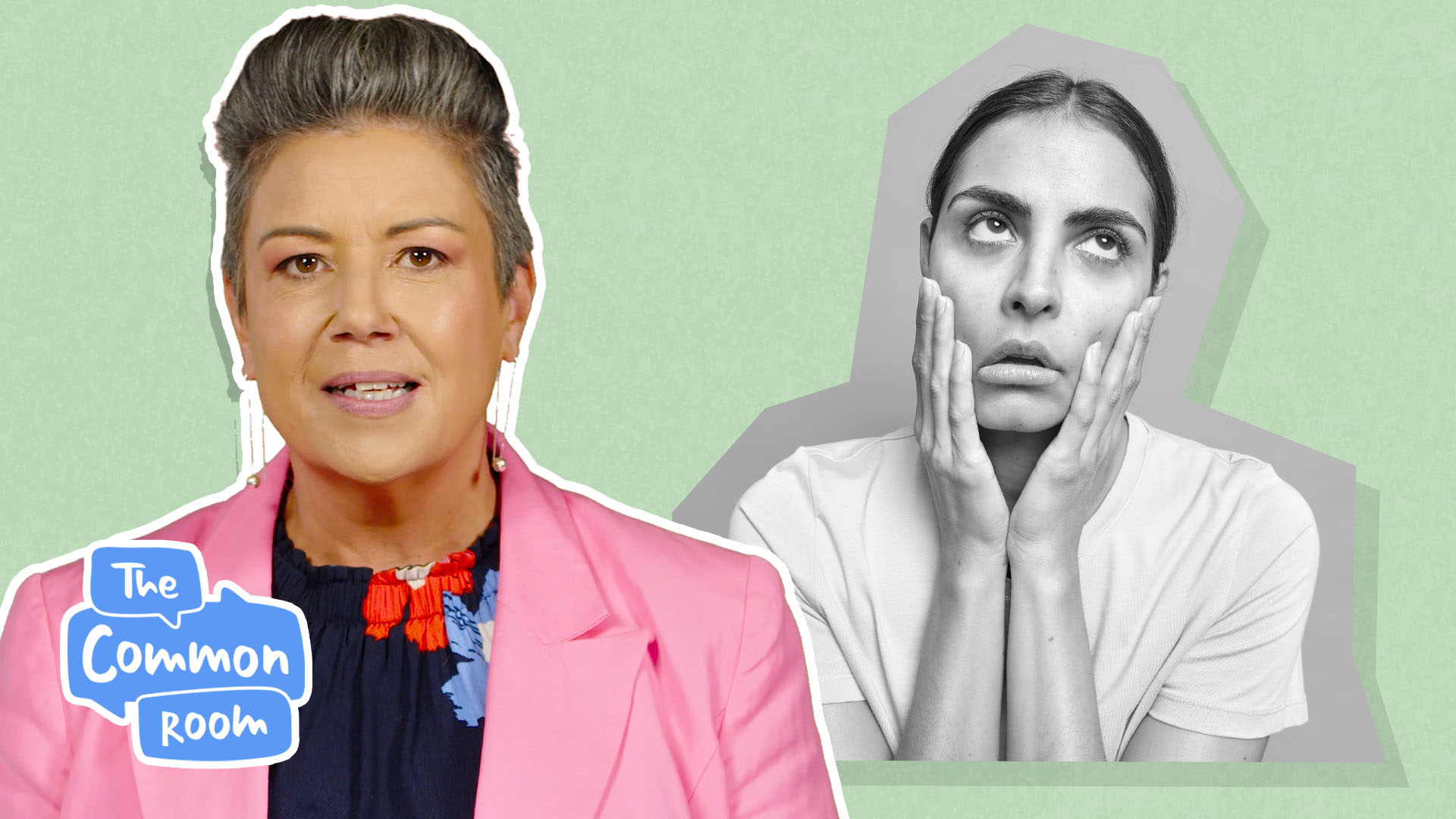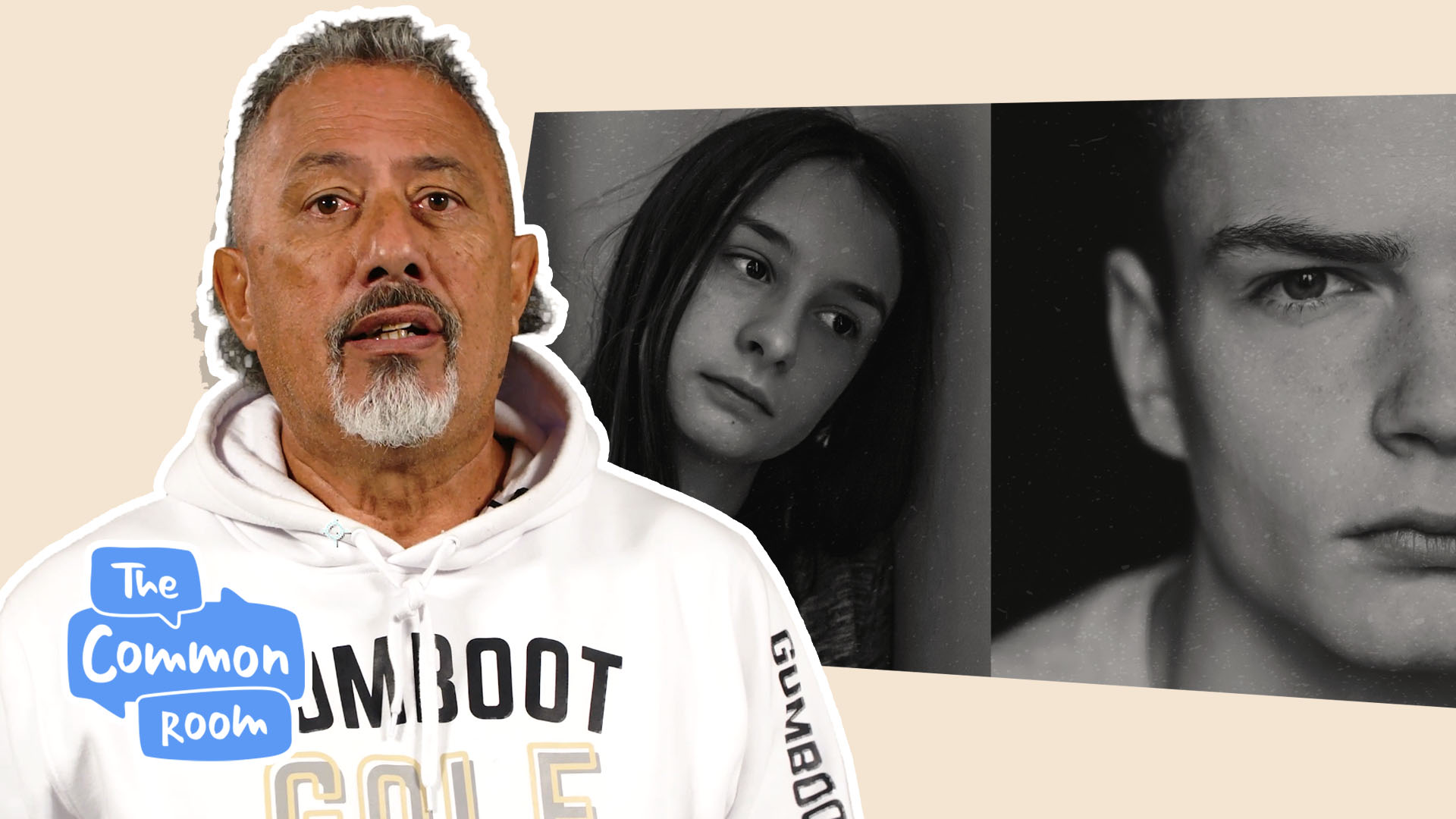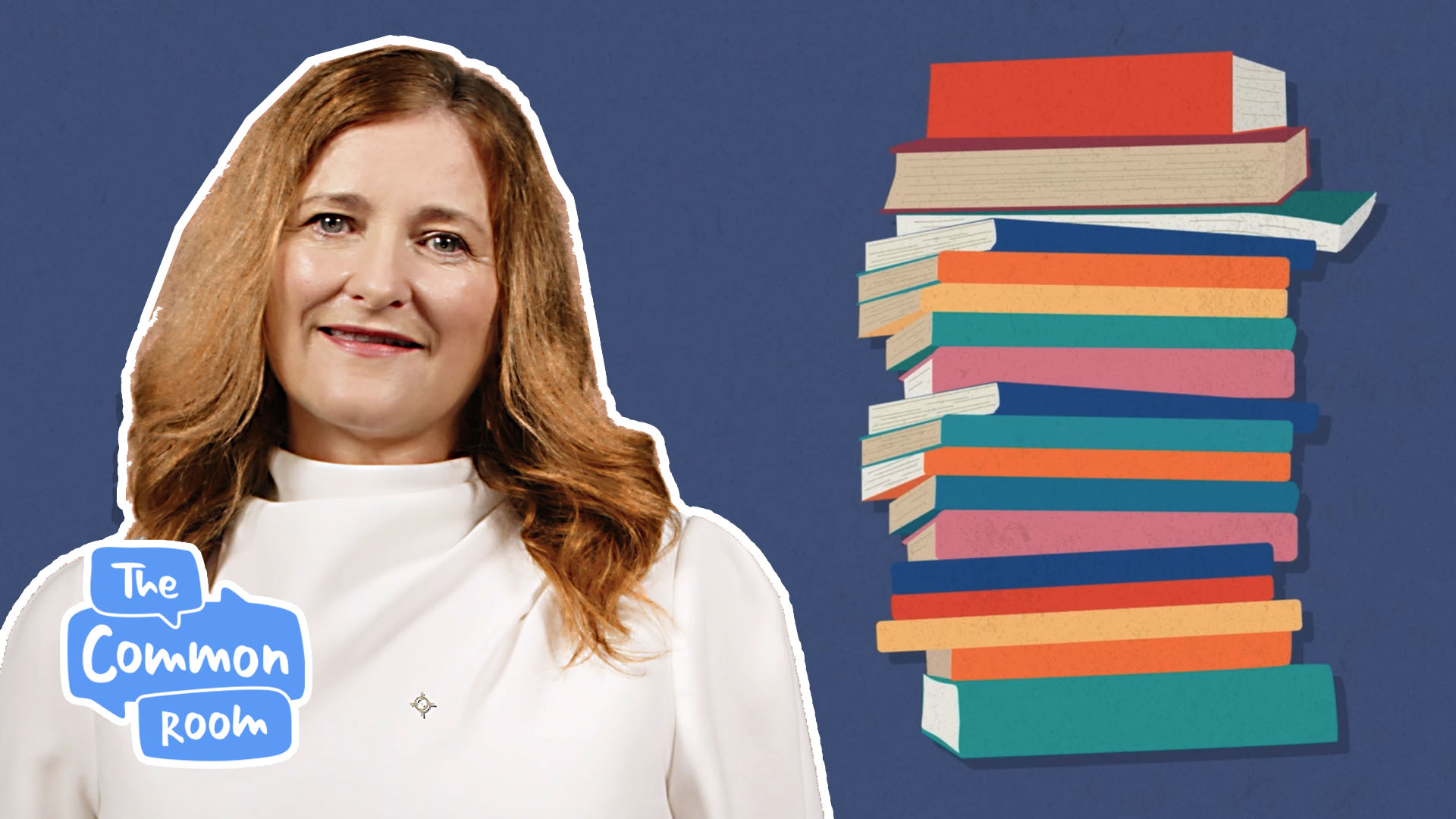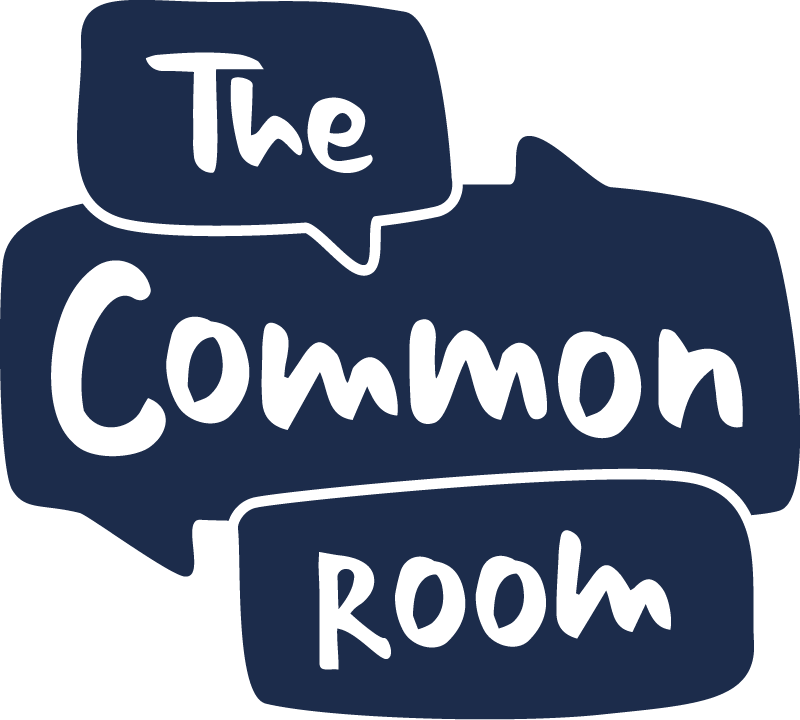Unpacking the big issues Kiwis care about.
How do we solve poverty in New Zealand? Do we need a hate speech law? Is there bias in our media? Will taxing farmers work? We’ve asked some of our country’s leading thinkers who are experts in their field to give it to us straight. They have 5 minutes, more or less, to present their case.
You can’t fix a problem until you know what the problem is.
Mike King, Founder, I Am Hope
Mental Health advocate Mike King uncovers some surprising suicide stats around the 2011 Christchurch earthquake, and tells us what he would do with bullies and drug dealers.
Do we have media bias in NZ?
Liam Hehir, Political Commentator
There’s an old joke about a man asking a fish about what it’s like to live underwater. “What is water?” the fish replies. But what do fish, water and our media have in common? In our latest video, Liam Hehir shares the answer and questions whether there is media bias in New Zealand.
Equity or equality?
Dr Melissa Derby, Ngāti Ranginui, Senior Lecturer Waikato University
What happens when the focus of government and institutions shifts from providing equal opportunities to equal outcomes? Is attempting to bring about equal outcomes a good idea – or even possible?
How to actually solve social issues
Ronji Tanielu, Community Worker
Despite mountains of money being thrown at solving our toughest social issues, most problems are getting worse. Ronji Tanielu, who has spent years on the front line of solving social issues, unpacks the current approach and his thoughts on making real progress.
Should we ban hate speech?
Dr Paul Moon ONZM, Professor of History, AUT
What speech is acceptable and what speech isn’t? Could you be prosecuted for expressing an unpopular opinion? Can you even define hate speech? Dr Paul Moon answers these questions and more.
Left or Right?
Paula Bennett, Former Deputy Prime Minister
There was a time when many thought Paula Bennett would join the Labour party. But she chose National and the rest is history. In this short video she explains how she came to her decision.
Bureaucrat City
Camryn Brown, Political Commentator
If we took all the bureaucrats and put them in one place, it would be the size of our 10th largest city. Labour has increased the number of bureaucrats by 90%. Why are they doing this, and is it making a positive impact to our lives?
How to disagree ageeably
Tim Wilson, Executive Director, Maxim Institute
A poll in early 2022 suggested that 72% of us believe that as a country we’re more divided than we were a year ago. Concerned by what’s happening, Tim Wilson, Executive Director of an independent research and public policy think tank, and former TVNZ broadcaster, looks at the art of how we can stay civil while disagreeing.
The power of message framing
Steve Ballantyne, Narrative Strategist, Brand IQ
Ever feel like you’re not getting the full story on an important issue? Or that someone in power is trying to make you think a certain way about an idea or event? In this video, Narrative Strategist Steve Ballantyne shares how to identify message framing and see through the spin.
Local body politics 101
Desley Simpson, Councillor for Ōrākei Ward, Auckland
The voter turnout in the Auckland local body elections is often dismal. In one year a Mayor was voted in with just 16% of the vote. Desley Simpson, Councillor for Ōrākei Ward unpacks the roles of the Council’s elected representatives and has a strong message for Auckland ratepayers.
A thief called inflation
Cameron Bagrie, Managing Director, Bagrie Economics
Inflation hit a 32 year high in June 2022. So what does this mean for Kiwis? How does it affect our spending and savings? What are the implications for the economy? And does anyone benefit? Former ANZ Chief Economist Cameron Bagrie shares his thoughts.
Is kindness enough?
Danielle van Dalen, Former Public Policy Researcher
Kindness in politics is a good thing, but how should it shape government policy? And can it address the systemic issues of “wicked problems” like housing? Join a former public policy researcher as she explains the components of good policy.
A guide to spending other people’s money
Jordan Williams, Executive Director, Taxpayers’ Union
Right now, the Government’s spending makes up 42% of the whole New Zealand economy. But are the funders of all that spending getting a good return?
Does history matter?
Dr Paul Moon ONZM, Professor of History, AUT
Times have changed, society has evolved, and we know more, so what’s the point of history? One of New Zealand’s most prominent historians, Dr Paul Moon, shares his thoughts on whether history still matters to us today.
Freedom is never free
Mina Amso, Journalist and Podcaster
She grew up in Iraq under the authoritarian regime of Saddam Hussein, where speaking out could lead to imprisonment and torture. Now grateful to be living in New Zealand, Mina shares her views on why the freedoms we take for granted are not as safe as we might think.
Is it time to get tough on crime?
Sunny Kaushal, Chair of the Dairy and Business Owners Group
Well over 1 million Kiwis were the victims of crime last year. Sunny Kaushal, who represents the dairy and small business owners who are so often those victims, challenges the current soft-on-crime approach.
The Population Problem
Marcus Roberts, Senior Researcher, Maxim Institute
In the 1970s there were about 6 working aged people for every retiree. Currently there are about 4. By the middle of this century, there will be only 2.5. So how will this impact us? And will we even have the workforce to provide the services we need?
The soft bigotry of low expectation
Agnes Loheni, Entrepreneur, Qualified Chemical Engineer, Mum of 5, and Former MP
“Our children are inundated with messages that they will be preyed upon because of their race or other such perceived disadvantage,” says Agnes Loheni. Are well meaning voices lowering the hopes and ambition of some Kiwi children by pushing a victimhood narrative?
Will taxing farmers work?
Bryce McKenzie, Co-Founder, Groundswell
Recently a petition with over 100,000 signatures was delivered by tractor to parliament. Organised by grassroots farmer advocacy group Groundswell, the petition called on the Government to stop its emissions tax on agriculture. In this video we look at why farmers are so concerned and what impact the Government’s measures will have on food prices, production and the environment.
Misinformation and Disinformation
Liam Hehir, Political Commentator
In the 2000s, “fact checking” was all the rage, with journalists setting themselves up as neutral arbiters of what “the facts” were in contested political situations. Around the time of the election of Donald Trump it became all about “fake news”. In this video Liam Hehir looks at the latest iteration of how the powers of the day seek to control the narrative: “misinformation” and “disinformation”.
The system is failing our kids
Karen Chhour, Act MP
Act MP Karen Chhour had a harrowing early childhood in the care of the state. “My childhood years were tough. I look back at things that went on when I was younger, and I think that was no way to treat a child. By the age of nine, I didn’t think I was going to survive to the age of ten.” Here Karen shares her thoughts on what she believes is negatively affecting the outcomes of today’s vulnerable children.
Left, Right and Woke
Simon O’Connor, National MP
There is a new global movement; a group of political actors and activists who zealously promote identity politics, where who you are as an individual means less than the group or tribe you belong to. At a time when polls are saying we are increasingly divided as a nation, is this political movement pouring fuel on the fire?
Are we aiming high enough?
Mahesh Muralidhar, Venture Capitalist
Bear Grylls once said there is only one word to describe New Zealand – EPIC. He’s right, we are epic, but are we aiming high enough to future-proof our country? Join Mahesh Muralidhar, Venture Capitalist, as he shares his thoughts on the importance of reinvigorating our economy, what we can do to encourage more start-ups and frontier businesses, and why they are essential for a successful New Zealand.
The Economic Miracle
Dr Oliver Hartwich, Executive Director, The New Zealand Initiative
In May 1945, Prime Minister Winston Churchill led Britain to victory. He was celebrated as a hero, but only two months later, the Brits elected a new Parliament and a new Prime Minister, Clement Attlee. Attlee promised to rebuild the country by taking control of the British economy, but it was a disaster. Over in West Germany, they took a different approach and managed an economic miracle. So how is this history relevant to New Zealand today?
Requirements for a good society – part one
Bruce Cotterill, 5 time CEO, Company Director, Advisor to Business Leaders, Keynote Speaker, Columnist and Bestselling Author
What constitutes a good and decent society today? We were always taught about the most basic of needs being food and shelter. But beyond that, if you could have anything, what should we ask of the society we are part of? This week, Bruce Cotterill, shares part one of his top 10 necessities for a good and decent New Zealand.
Has politics become all tip and no iceberg?
Alex Penk, Independent Researcher and Writer
Great political comms should be like the tip of an iceberg, while underneath, there should be some serious weight, intellectual grunt and carefully crafted policies. But does it seem like today’s politics is all tip and no iceberg?
Requirements for a good society – part two
Bruce Cotterill, 5 time CEO, Company Director, Advisor to Business Leaders, Keynote Speaker, Columnist and Bestselling Author
In part one, Bruce Cotterill shared that his first five ‘must haves’ for a good and decent society were law and order, healthcare, education, equality, and political integrity and transparency. In this video Bruce shares part two of his priorities and aspirations for New Zealand.
Is the system stacked against some kiwis?
Dr Melissa Derby, Ngāti Ranginui, Senior Lecturer, University of Waikato
It’s often suggested that it’s the system that causes success or failure, it’s our skin colour or ethnic background that matters. And until things like ‘systemic racism’ or ‘privilege’ end, the outcomes that some people experience will never change. But can this narrative can have the opposite effect?
Can NZ avoid culture wars?
Camryn Brown, Political Commentator
In the US, politics has become the main battlefield of a massive culture war, and that war has become the defining feature of their politics. But do we face a similar danger here in New Zealand, and can we keep culture wars out of our politics? Or is it too late?
How do we do good, better?
Maria English, CEO of Impact Lab
If there’s one thing we can all agree on, it’s that every person has the right to form hopes and goals for their life, and to go after them. But some New Zealanders face real barriers to doing this. So how do we make investment decisions work for communities that will benefit disadvantaged New Zealanders in the long term? How do we do good, better?
The vaping epidemic
John O’Connell, CEO of Life Education Trust NZ
Should our young people be a pawn in the government’s goal to deliver Smokefree 2025? While we’ve been busy eradicating tobacco, a vaping epidemic has been curling its tendrils around young people. So where did we go wrong?
The one-sided cannabis debate
Aaron Ironside, Say Nope To Dope Spokesperson
When issues are important enough to go to a public referendum, should the media report both sides of the debate evenly and let the public make up their minds? Or is the media’s role to influence the vote? This week we look at the cannabis referendum, and whether the media coverage reflected the public mood.
Could we lose Airbnb and Uber?
Kirk Hope, CEO of BusinessNZ
Kiwis love to make use of the latest international services that make life easier – things like Uber and Airbnb. But now, with new tax changes proposed by the government, could they drive these services out of New Zealand? This week, Kirk Hope, CEO of BusinessNZ explores the risks.
The Property Blame Game
Ashley Church, Social Commentator
In an attempt to curry populist support, has Labour, and successive previous administrations, allowed themselves to be captured by ideologies and movements which are more focused on punishing groups that they don’t like than actually fixing the housing market?
Who represents the working class voters?
Josie Pagani, Political Commentator
Working class voices seem absent in our politics, and that’s a problem for all of us. But who are today’s working class, why aren’t they represented in parliament, and what needs to change?
The madness of identity politics
Simon O’Connor, National MP
Welcome to the age of identity politics. Where instead of celebrating success, many of our loudest voices focus on victimhood. And instead of acknowledging you as an individual with unique experiences, you are reduced to what ethnic, racial, or gender group you fit into.
The power of the Pasifika vote
Ronji Tanielu, Community Worker
Whichever party can secure and win the bulk of the Pacific vote has a good chance of winning the election. But do our political parties understand the values and issues that are important to our Pasifika communities?
Why we need tall poppies
Sir Ray Avery, Scientist, Inventor and Philanthropist
It seems increasingly that New Zealand doesn’t like tall poppies and cuts down people who stand out from the crowd and breach our societal egalitarian code of practices. So how can we support and encourage the next generation to dream big without fear of online bullying or failure?
How can education help our democracy?
Dr Michael Johnston, Senior Fellow at The New Zealand Initiative
Hate speech and misinformation are both real and undesirable. But trying to curb them through criminal law risks undermining democracy. So what can education contribute to shoring up the foundations of an open society?
The inflation tax
Jordan Williams, Executive Director, Taxpayers’ Union
Politicians have a sneaky trick they don’t want you know about and it’s making you poorer. It involves inflation, and it means your taxes increase every year and you probably don’t even know about it. So how does inflation tax work?
NZ’s shameful health secret
Rachel Smalley, Journalist and Broadcaster
New Zealand sits at the bottom of the western world for access to modern medicines. Pharmac decide what drugs we buy and when. So why aren’t Kiwis getting the medicines they need?
How to fix a broken media
Sean Plunket, Founding Editor, The Platform
Veteran broadcaster Sean Plunket pulls no punches when talking about the state of NZ media and how we can fix it.
Beware of The Blob
Alex Penk, Independent Researcher and Writer
“The Blob is a gelatinous agglomeration of elite opinion that suffocates and skews public debate,” says Alex Penk. In this short video Alex details how a distinctly blobby-like group of NGO’s recently tried to skew the public debate on co-governance.
Has Ardern altered the course of NZ?
Dr Oliver Hartwich, Executive Director, The New Zealand Initiative
Did we just witness a third transformative Government in New Zealand’s history? Would it be right to compare the administration of former Prime Minister Jacinda Ardern to the likes of Savage and Lange who’s policies altered the course of New Zealand?
Media bias exposed
David Farrar, Media Commentator, Pollster and Blogger, Curia Market Research
To many Kiwis the media are not seen as disinterested reporters. They are often seen as employees of companies with ideological agendas who not only don’t understand New Zealanders who are not left-leaning, but show active hostility towards them. But does the research back up this view?
Our scary public hospital crisis+
Ian Powell, Health Systems Commentator and Blogger
On 9 February 2023 TVNZ’s 1News revealed some data that should alarm us all: that our hospitals had hit 100% occupancy more than 600 times in 2022. That is, on average, each day, roughly two public hospitals around the country were running at an occupancy higher than they were resourced for. How did our hospitals go from crisis in 2017 to scary crisis+ in 2023, and how do we fix it?
Why should you give a damn?
Paula Bennett, Former Deputy PM
Having once won an election by just 9 votes, returning presenter Paula Bennett has a clear message for voters. Watch as she unpacks why your vote matters and shares how to decipher the PR spin from political party policies.
What is the purpose of education?
Dr Melissa Derby, Ngāti Ranginui, Senior Lecturer Waikato University
While some view education as solely about learning literacy and numeracy skills, others think education should develop children’s social and emotional competencies or validate various socially-approved aspects of their identity. Watch as Dr Melissa Derby explores the question: what is the purpose of education?
Mental Health: We need change now
Mike King, Founder, I Am Hope
Every year thousands of Kiwi kids struggle with their mental health. For various reasons, they become overwhelmed by the waves of life and feel like they’re drowning. So is the system helping them or failing them?
Should we ban offensive words?
Josie Pagani, Political Commentator
Earlier this year, the publishers of Roald Dahl books hired sensitivity readers to rewrite any language that could be deemed offensive. The result? Augustus Gloop was suddenly no longer ‘enormously fat’ and people no longer turned ‘white with fear.’ This week Josie Pagani discusses the ramifications of the rewrites and why it sets a dangerous precedent for free speech.

